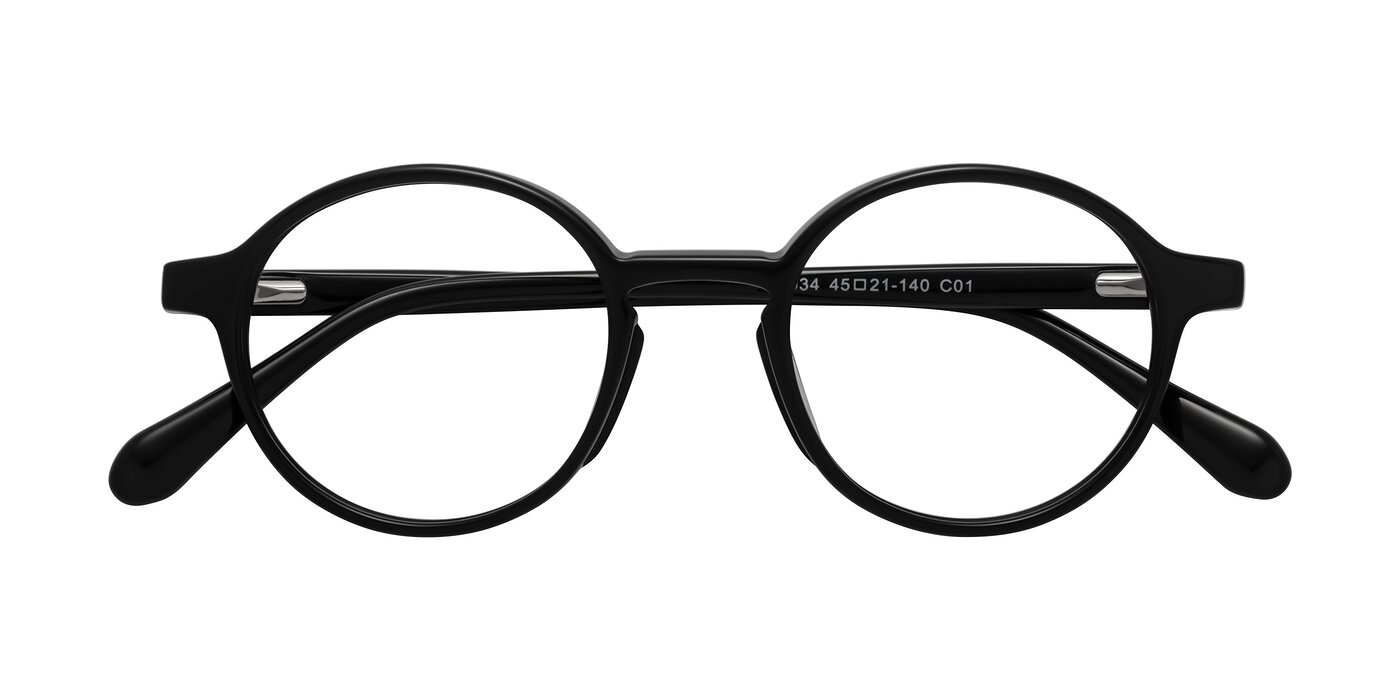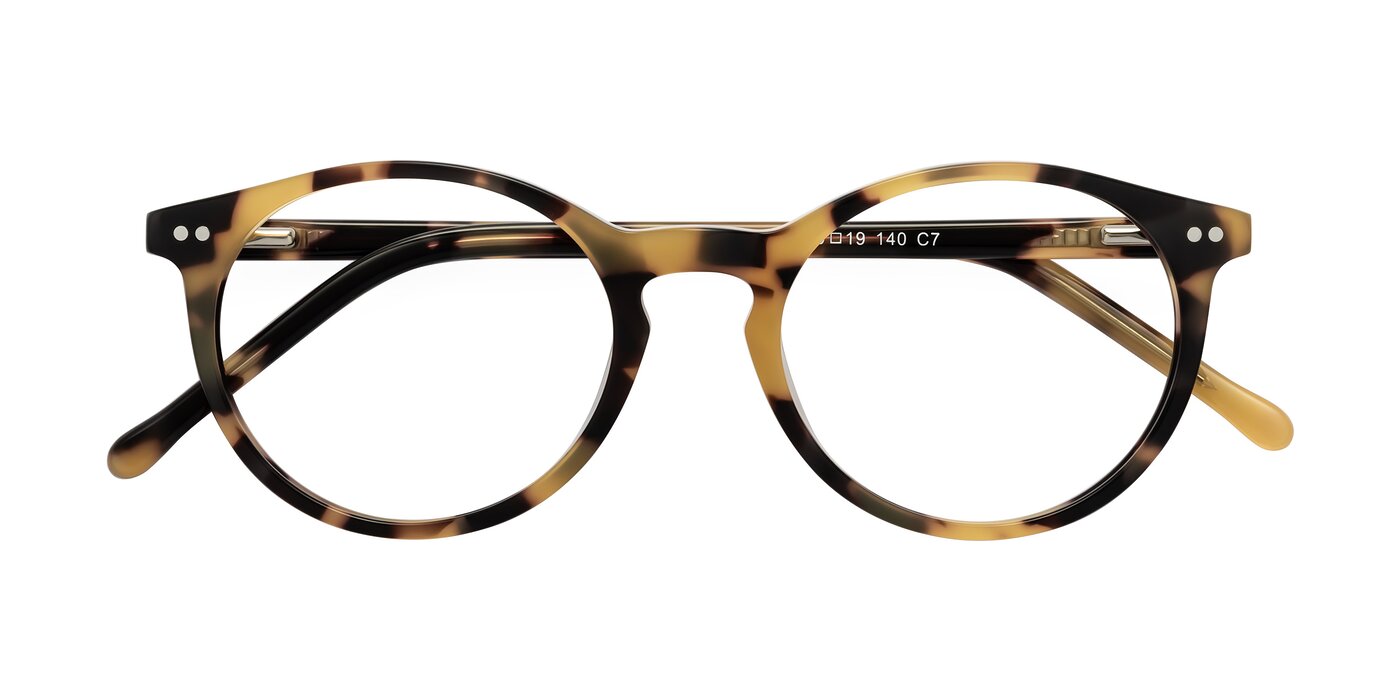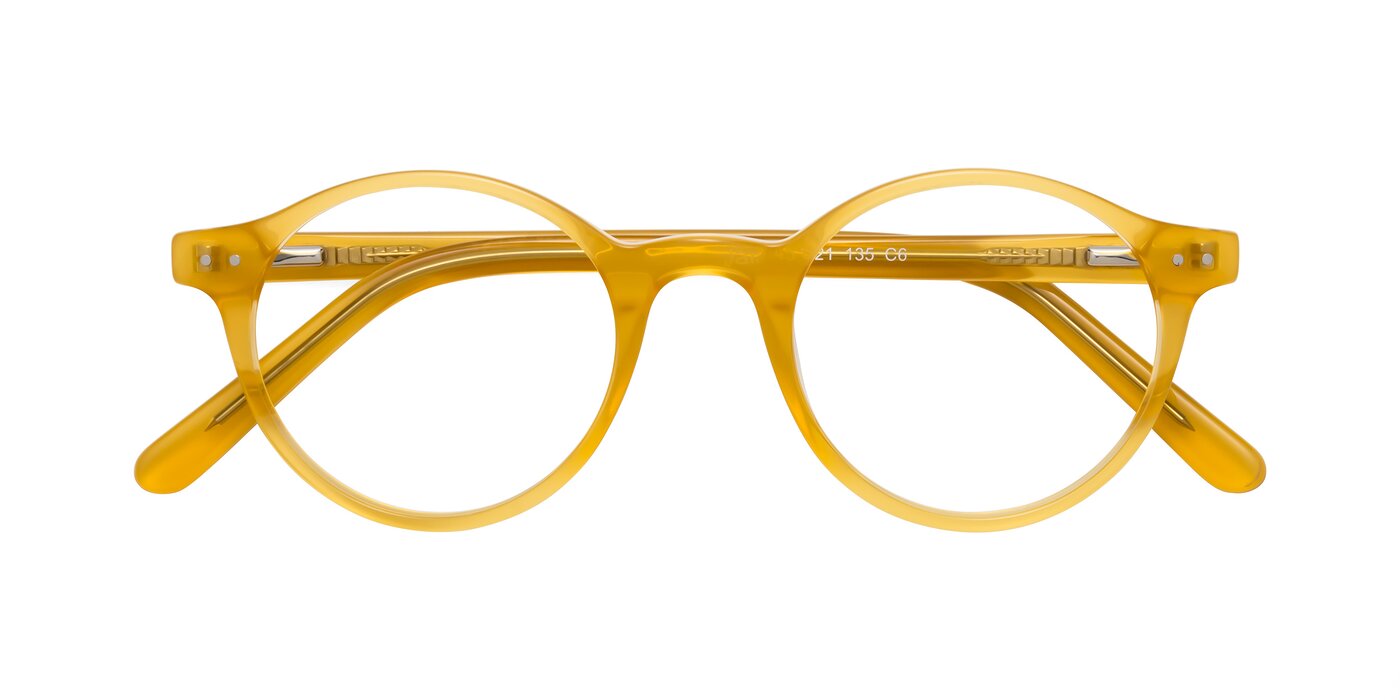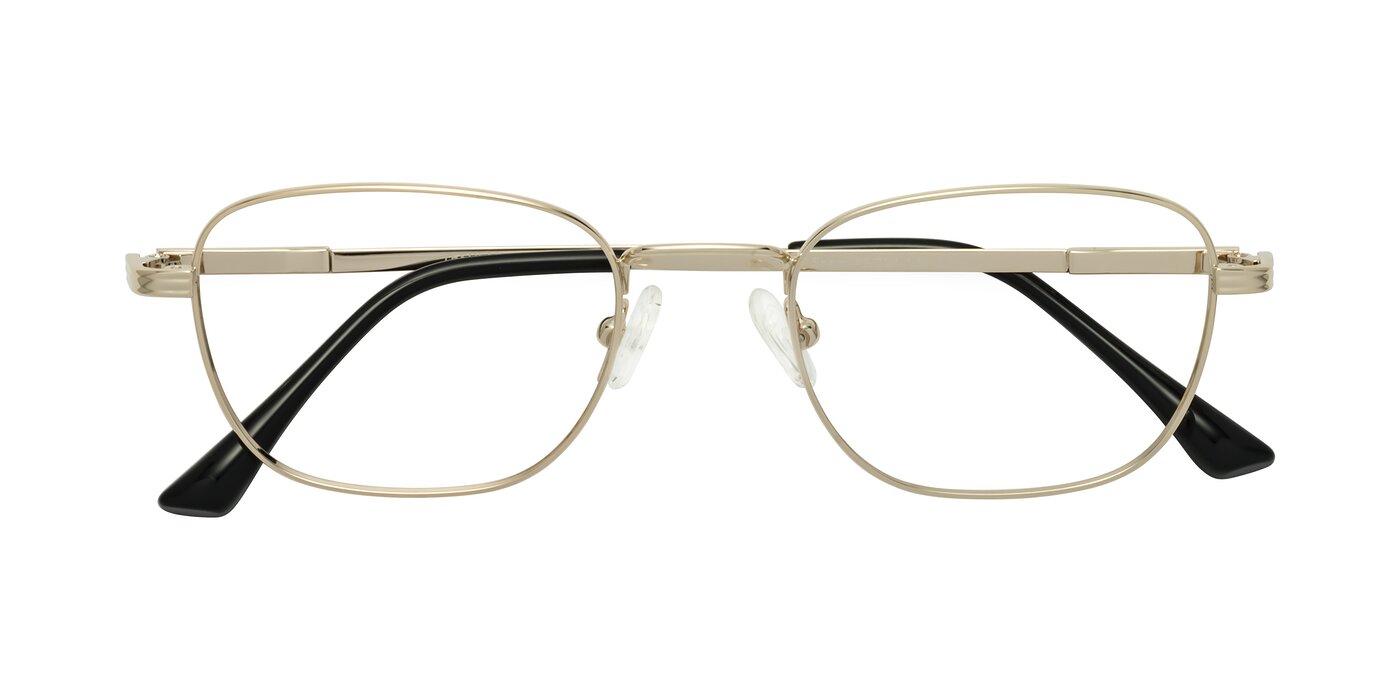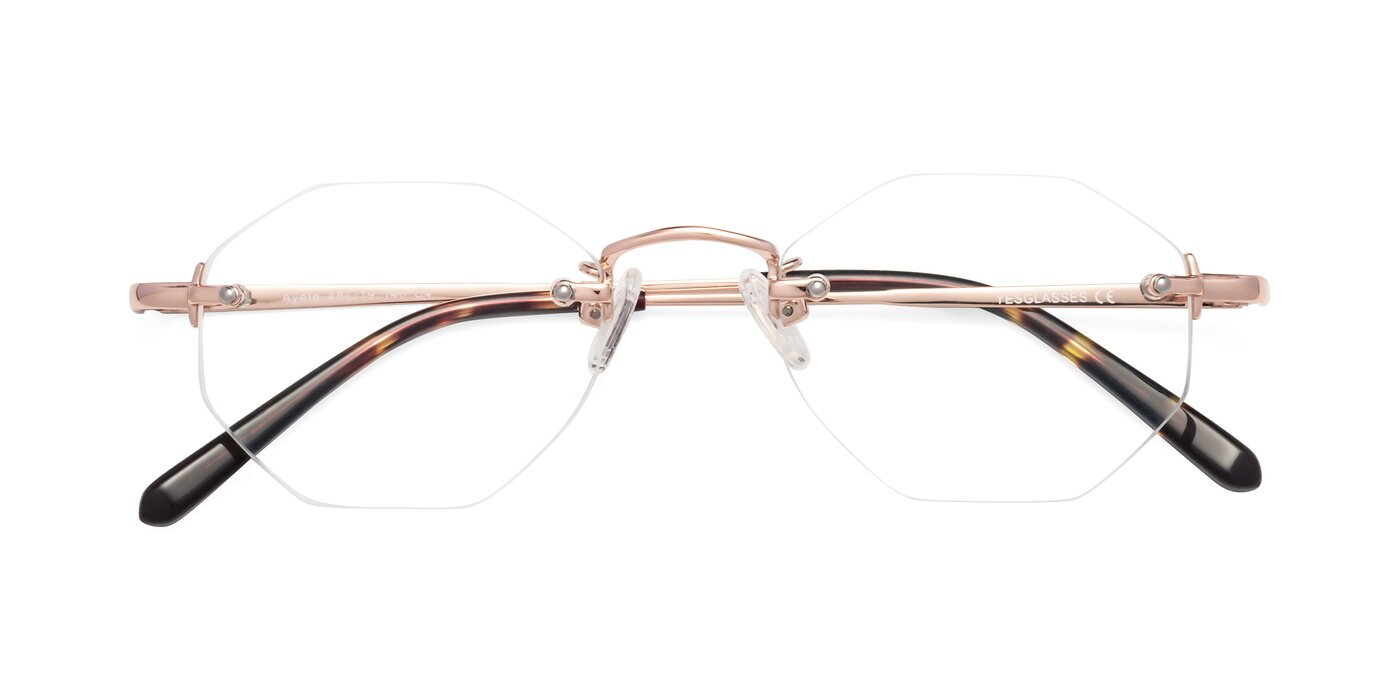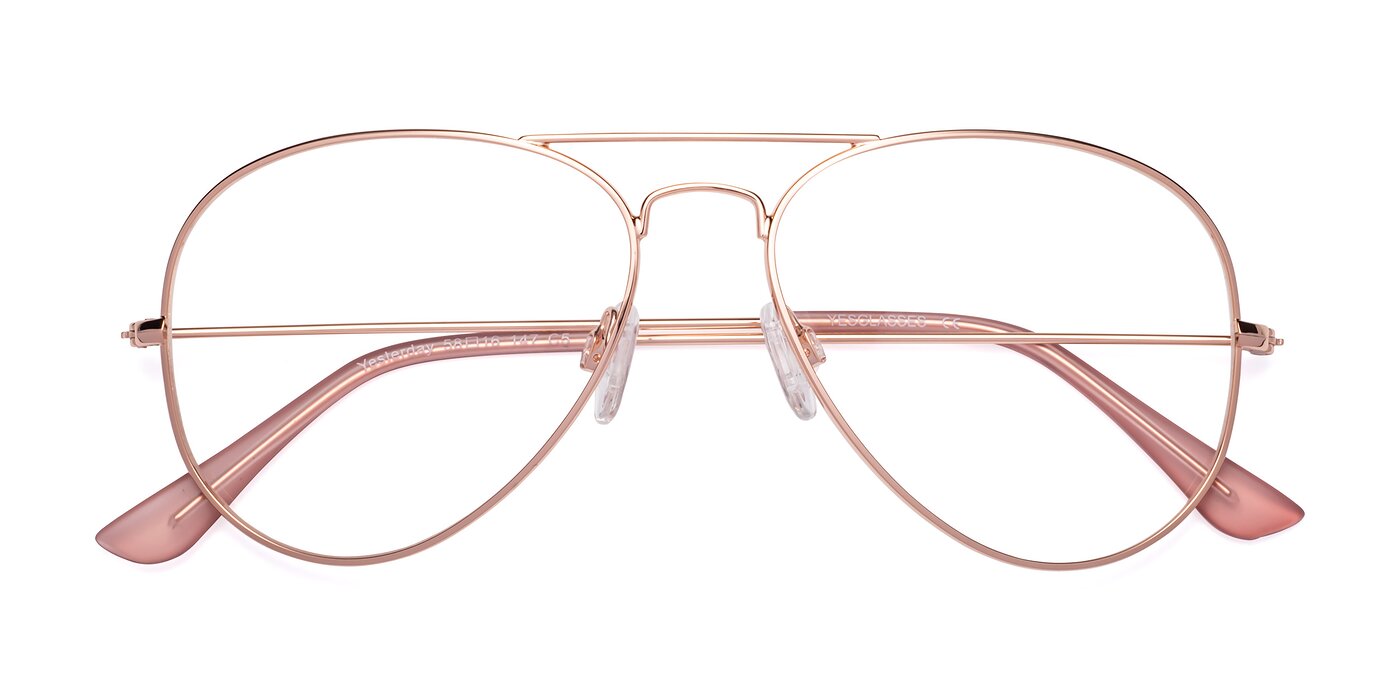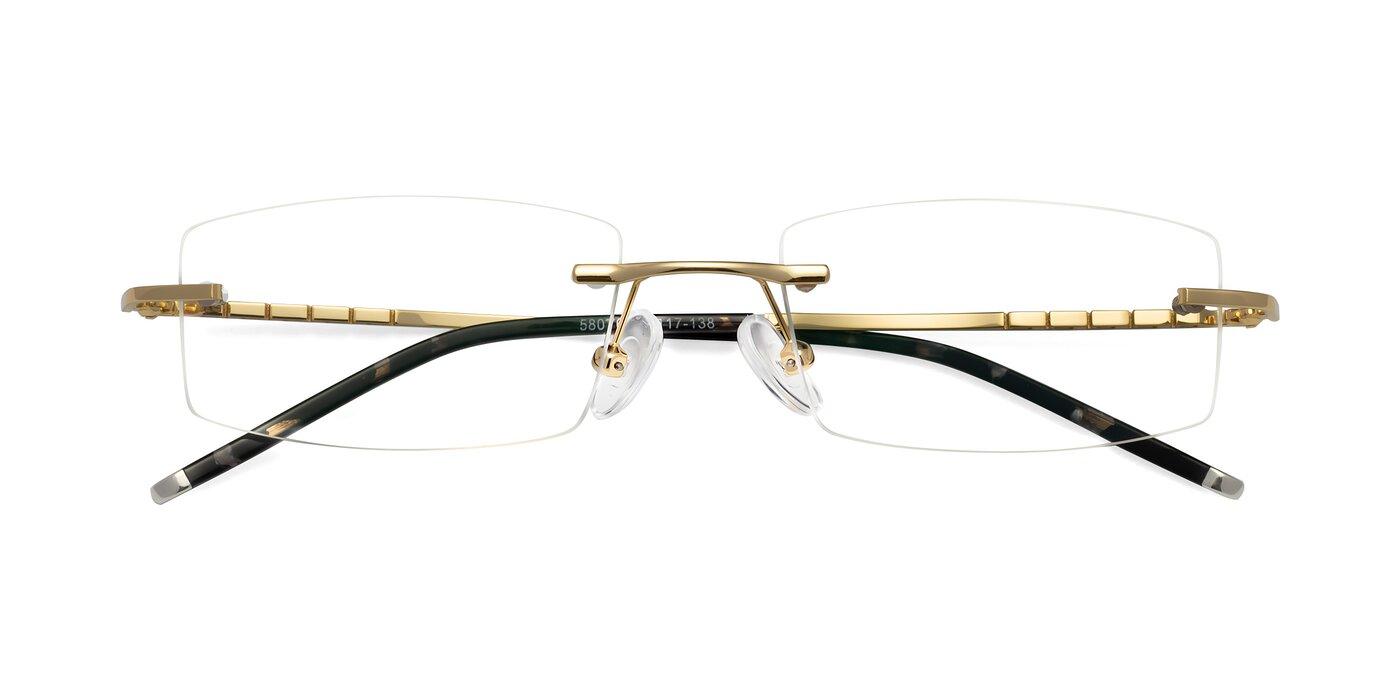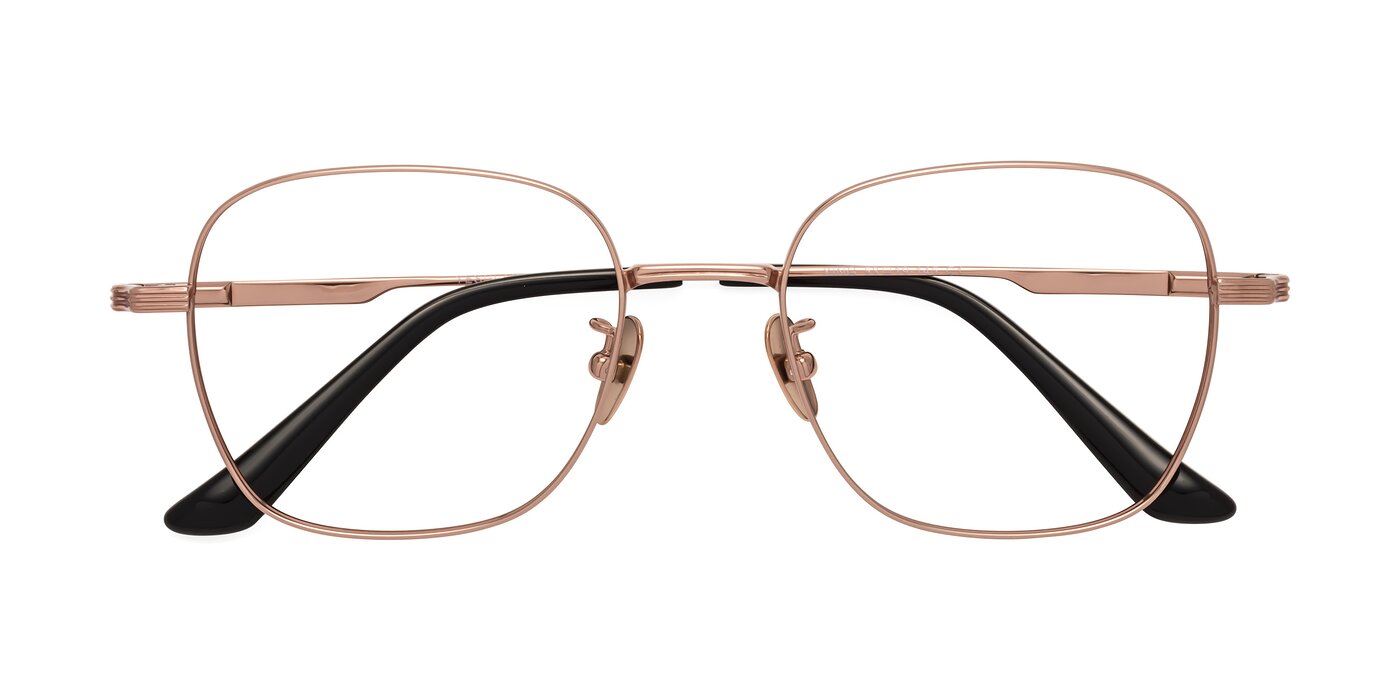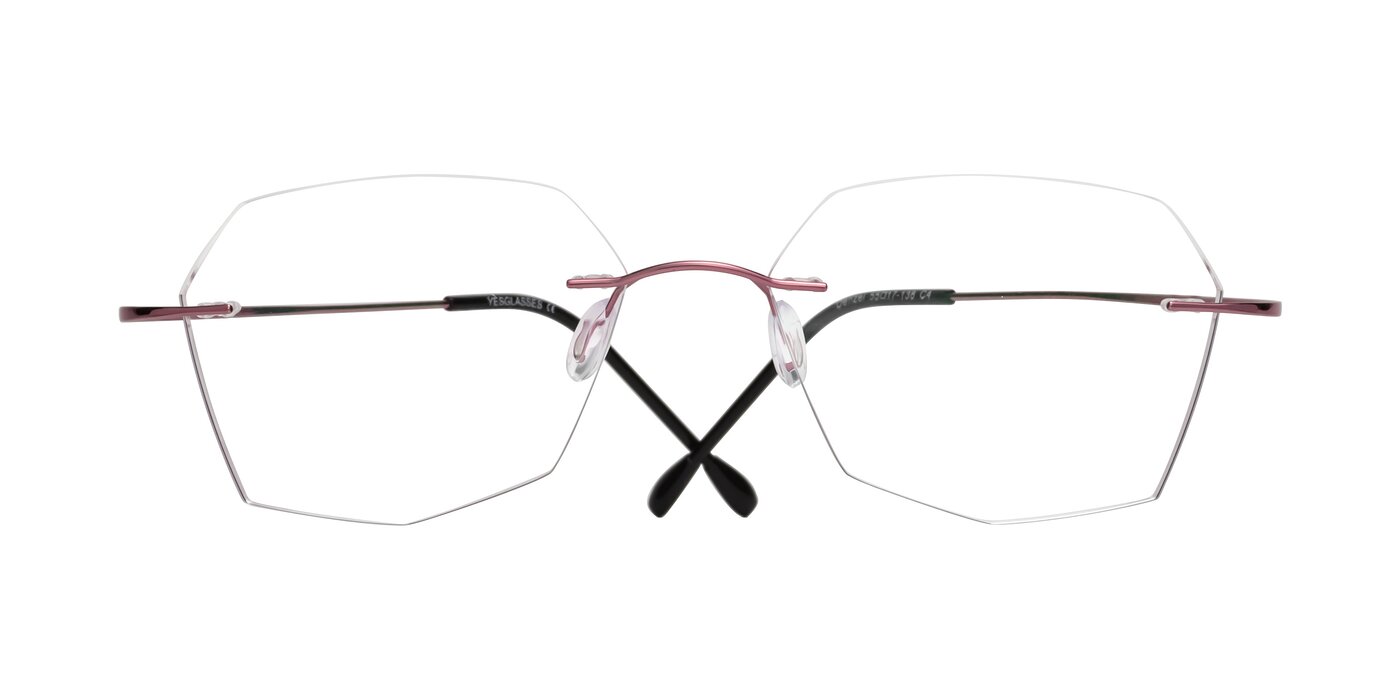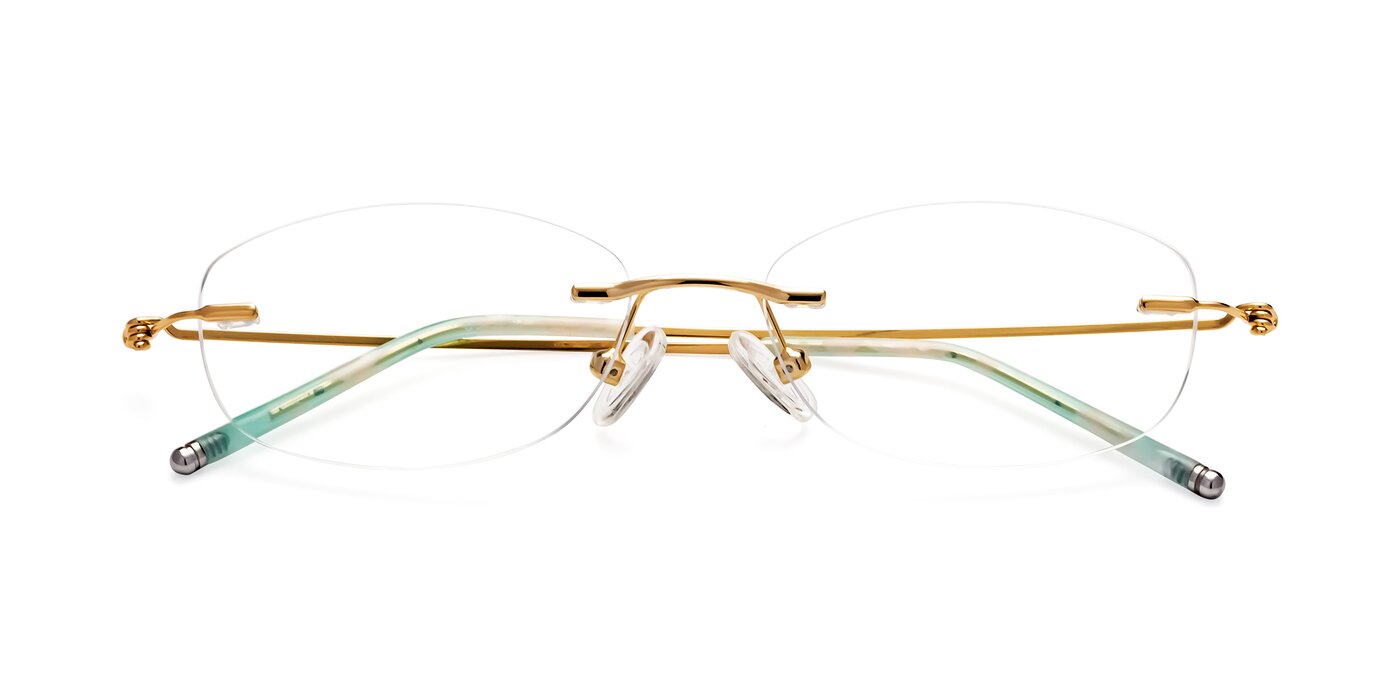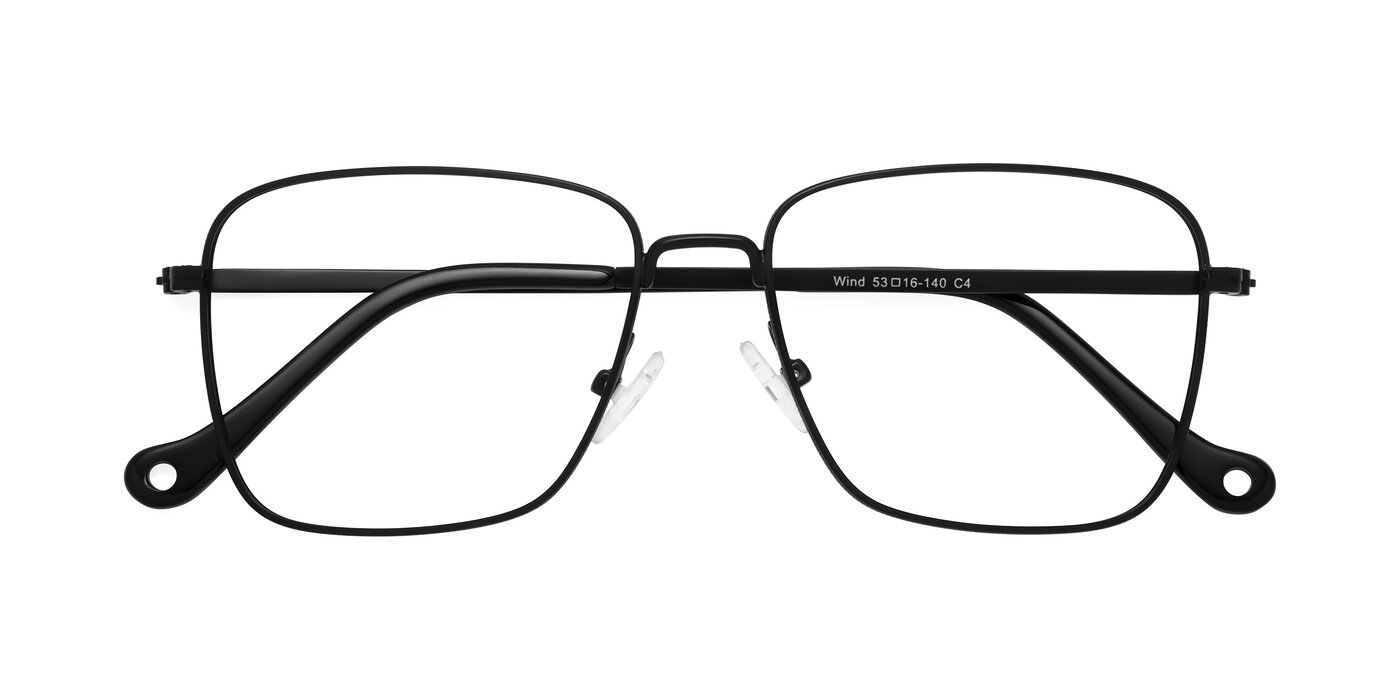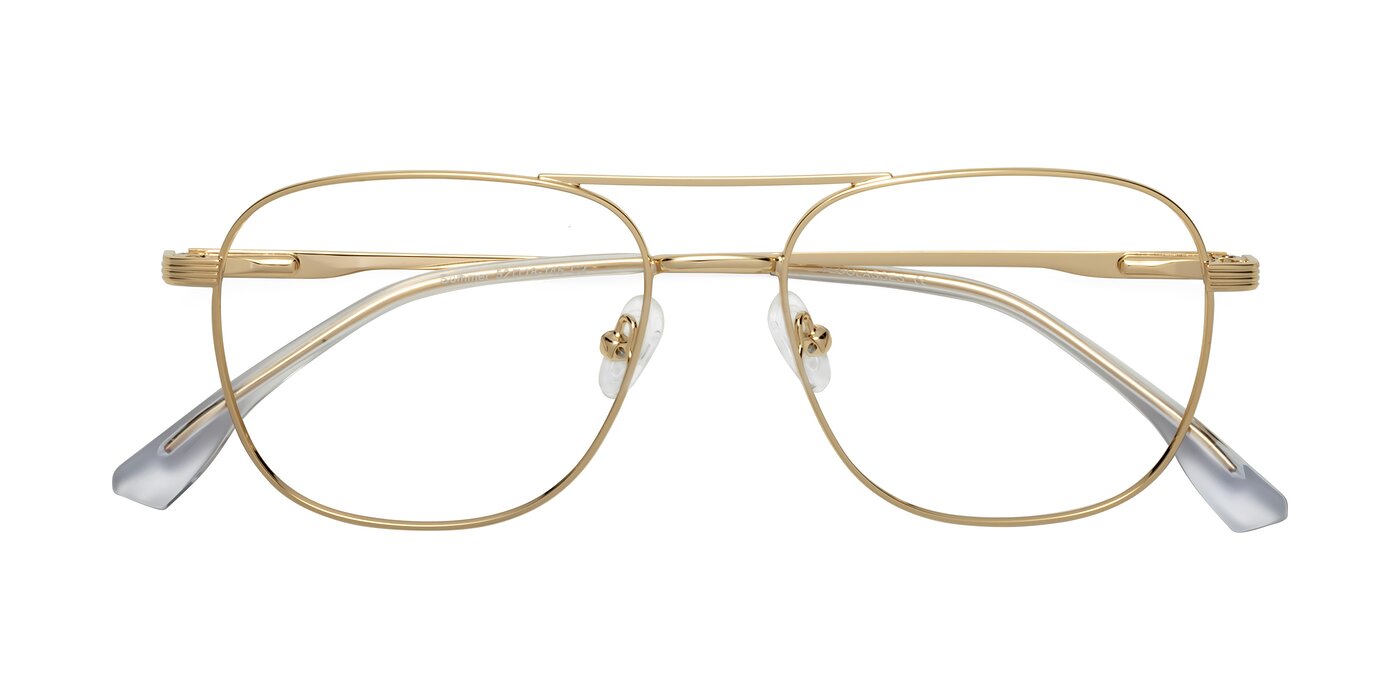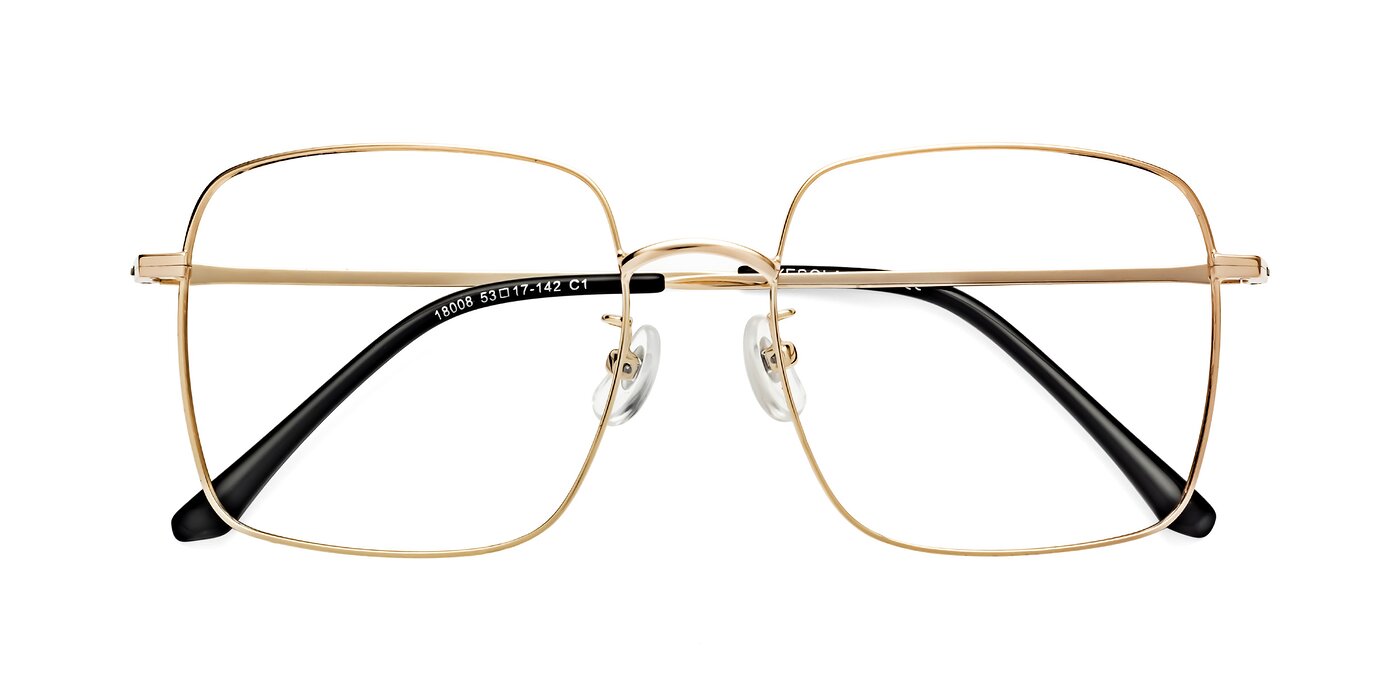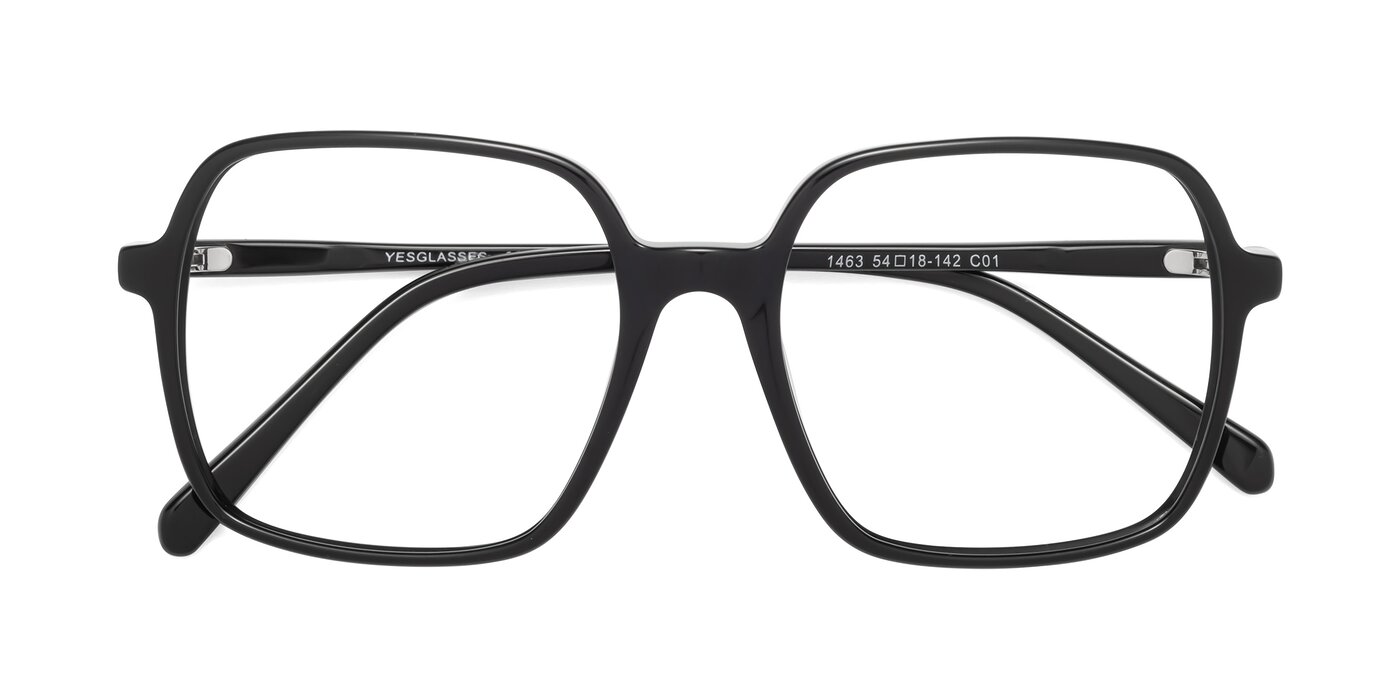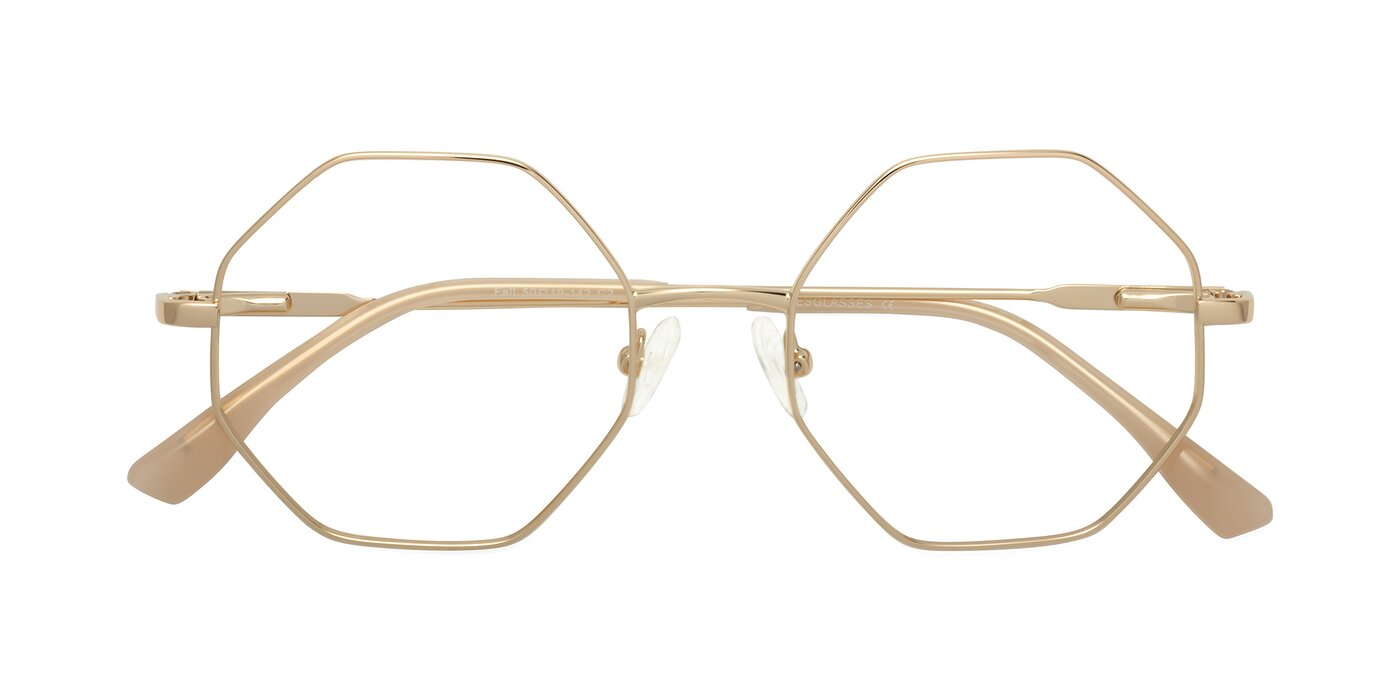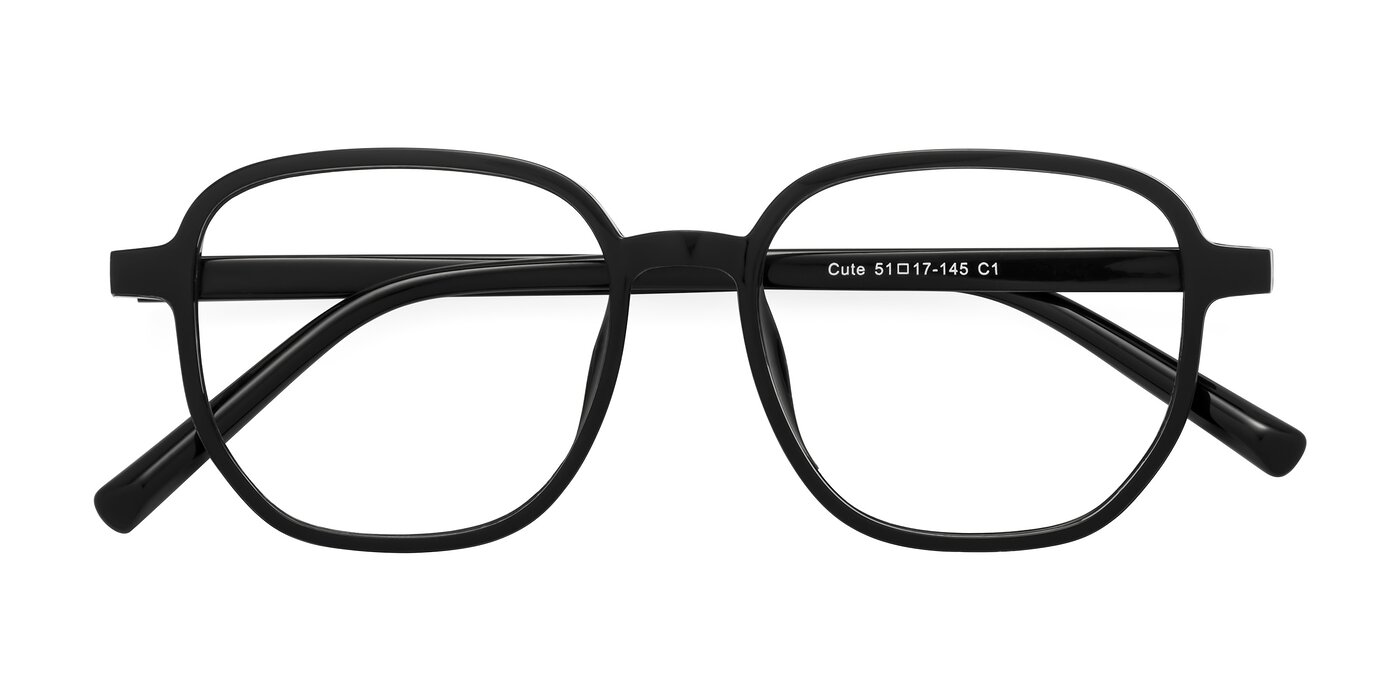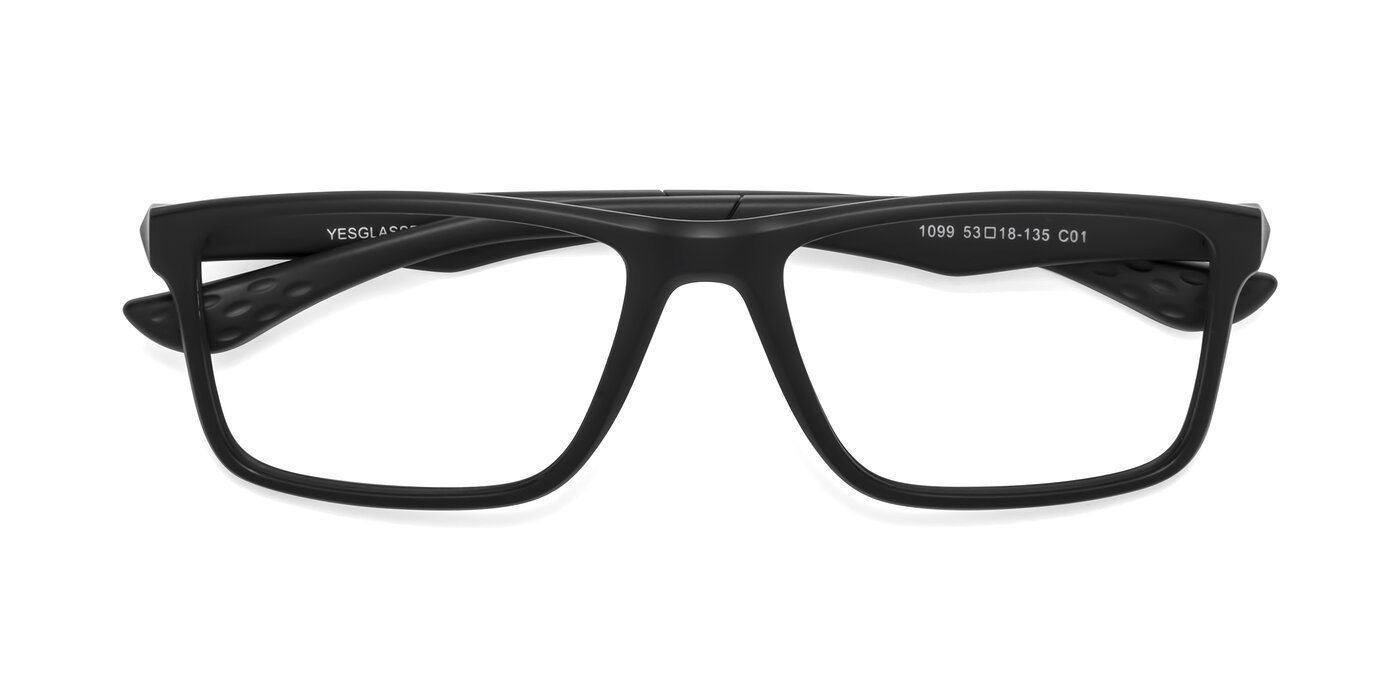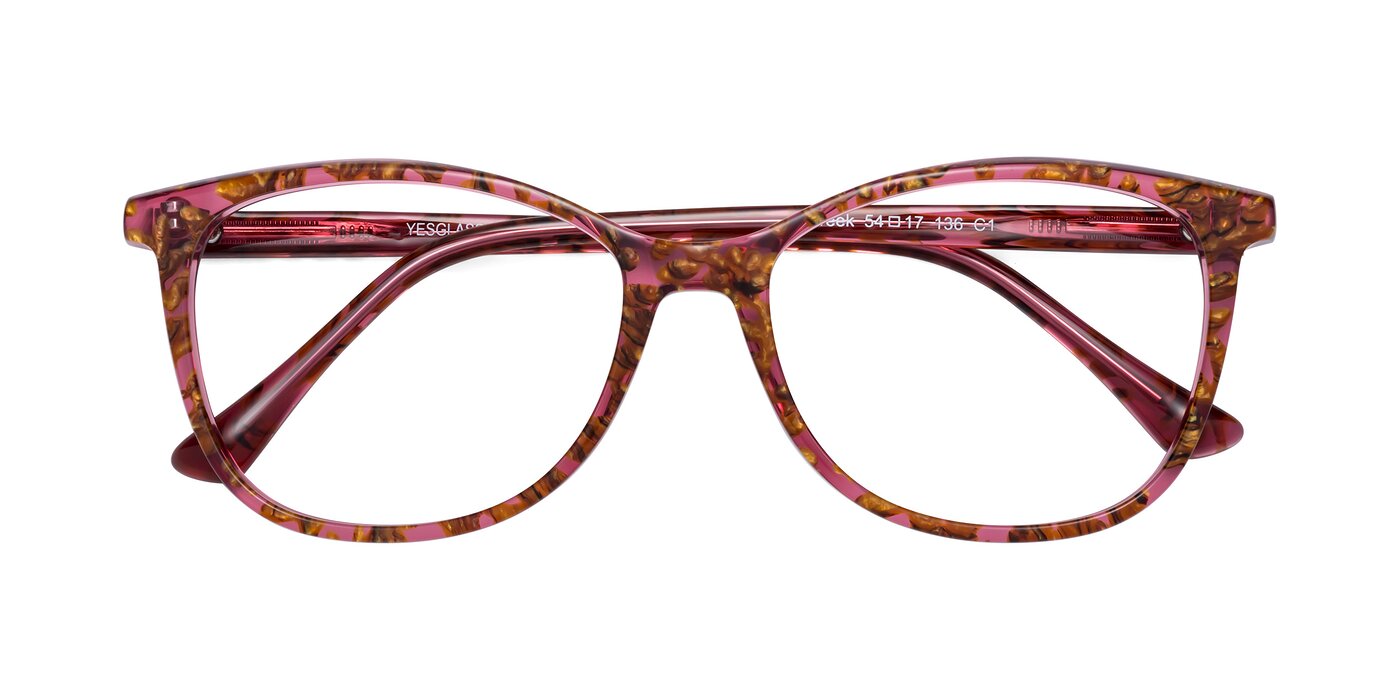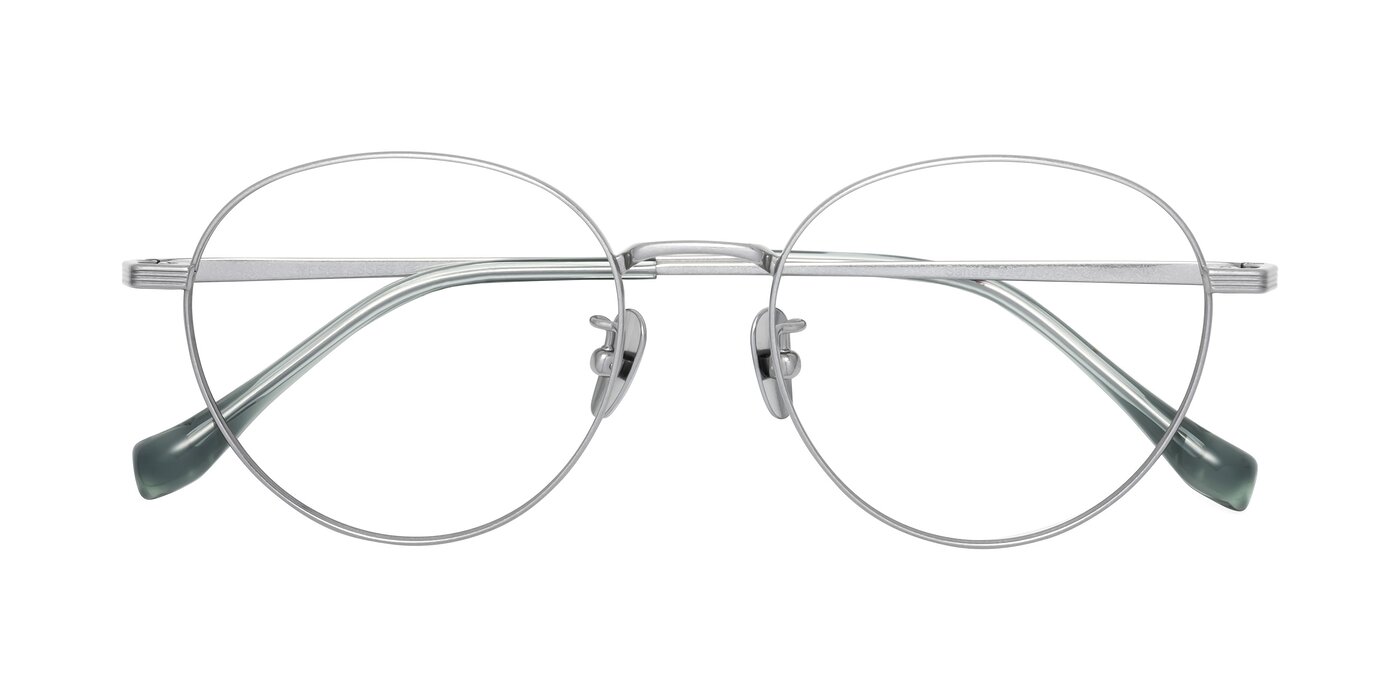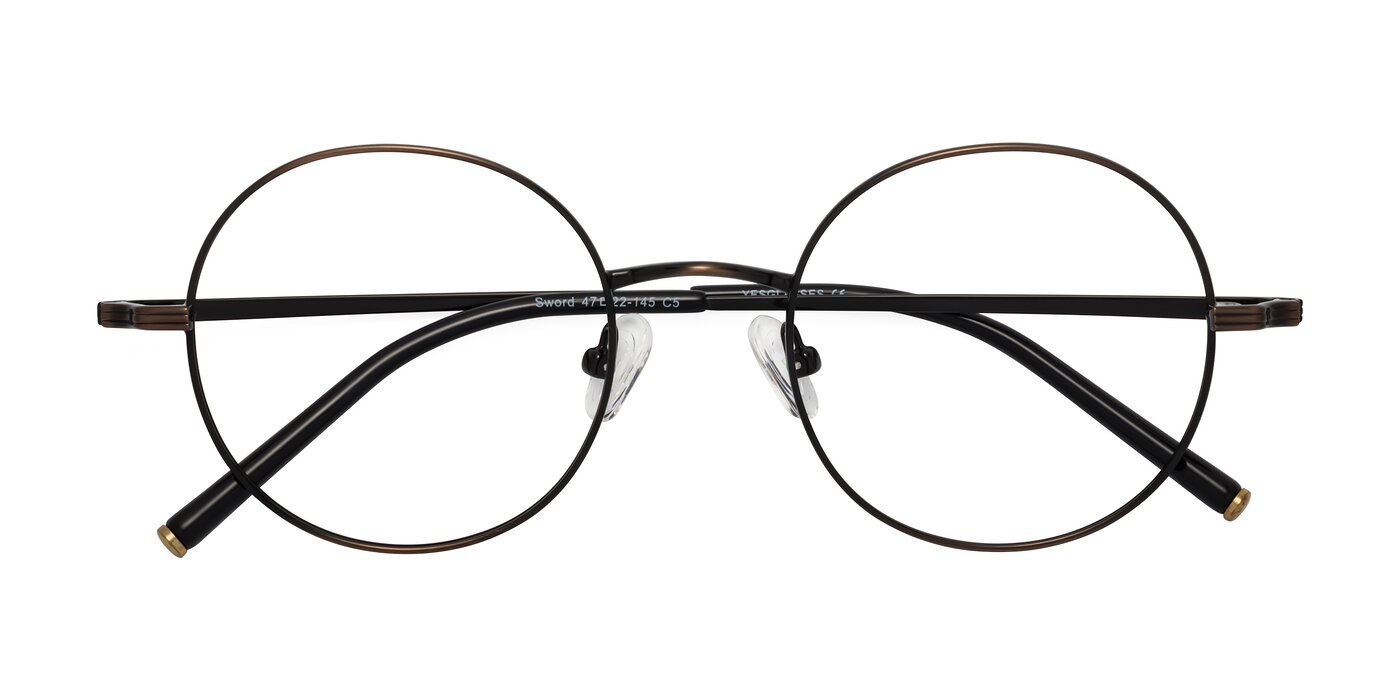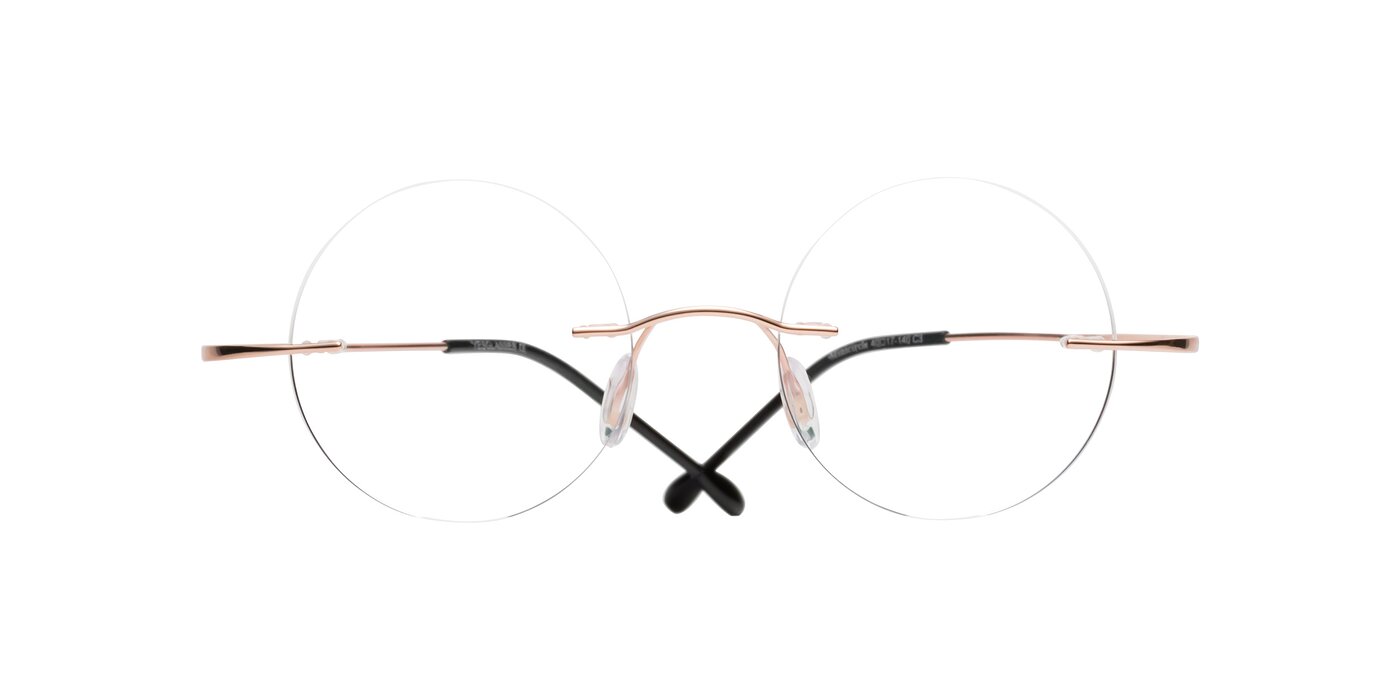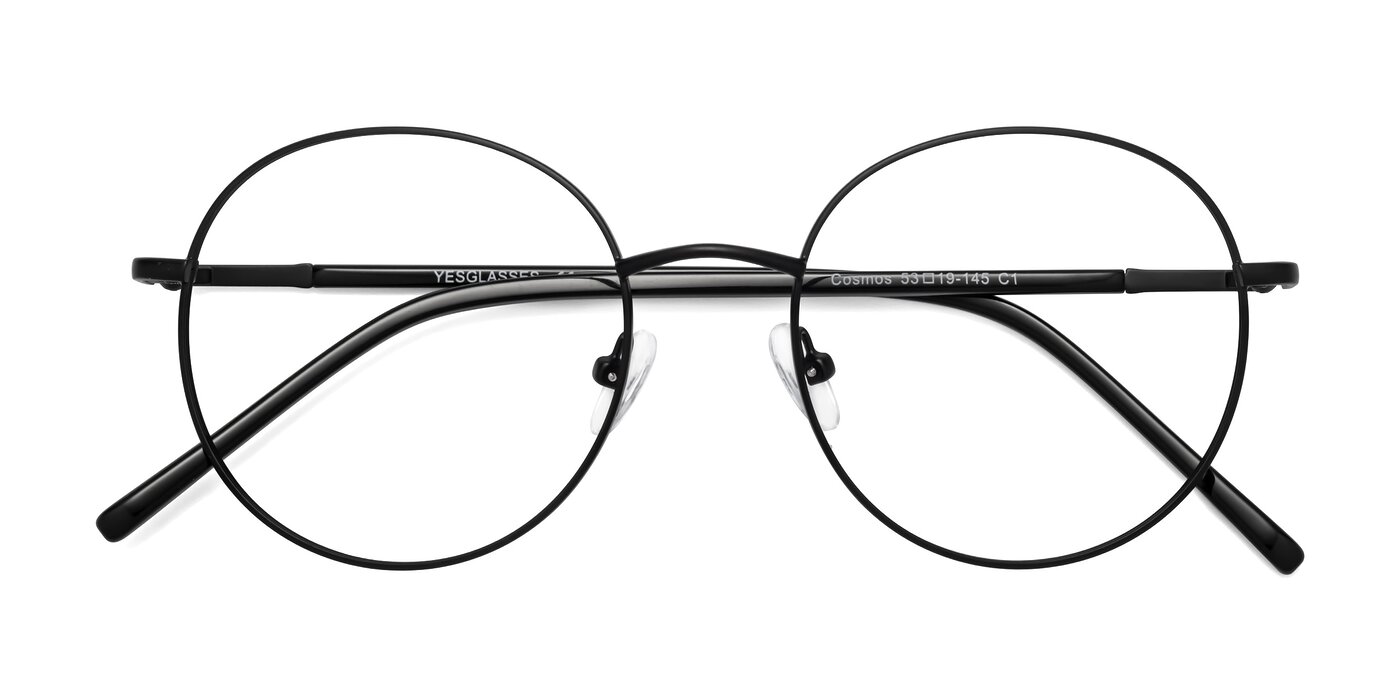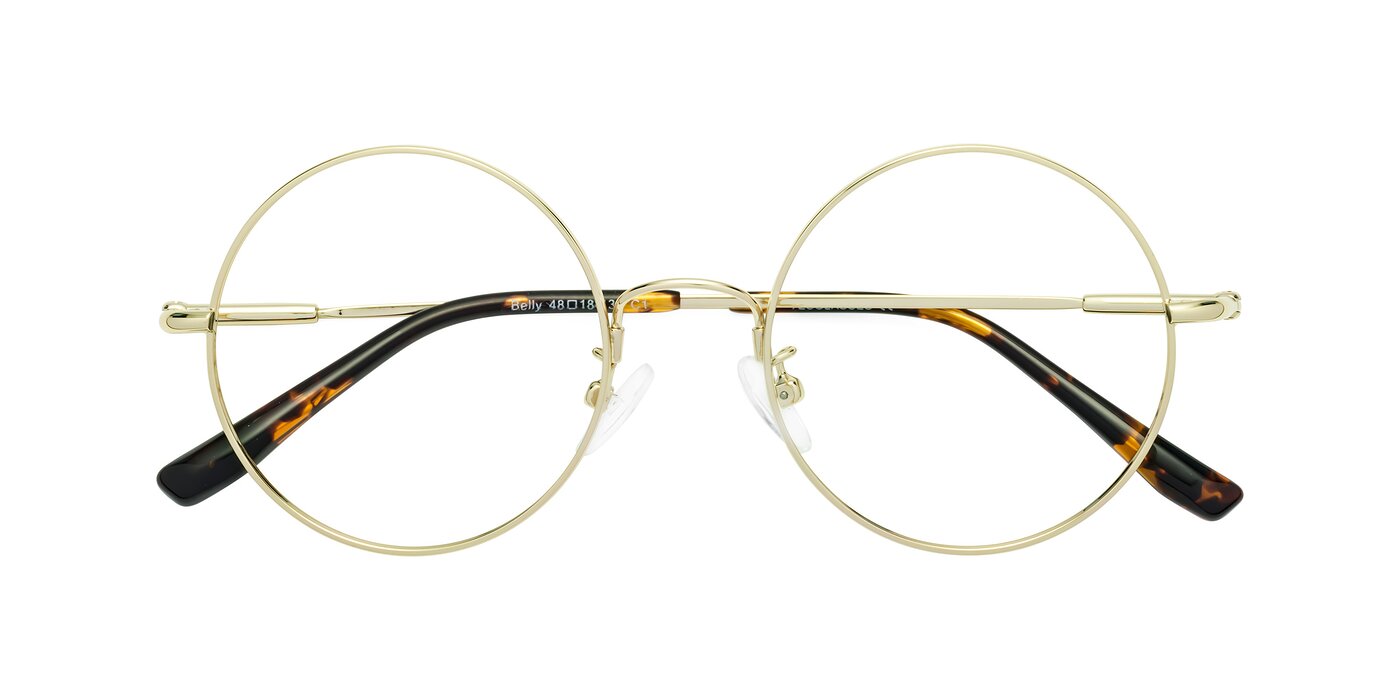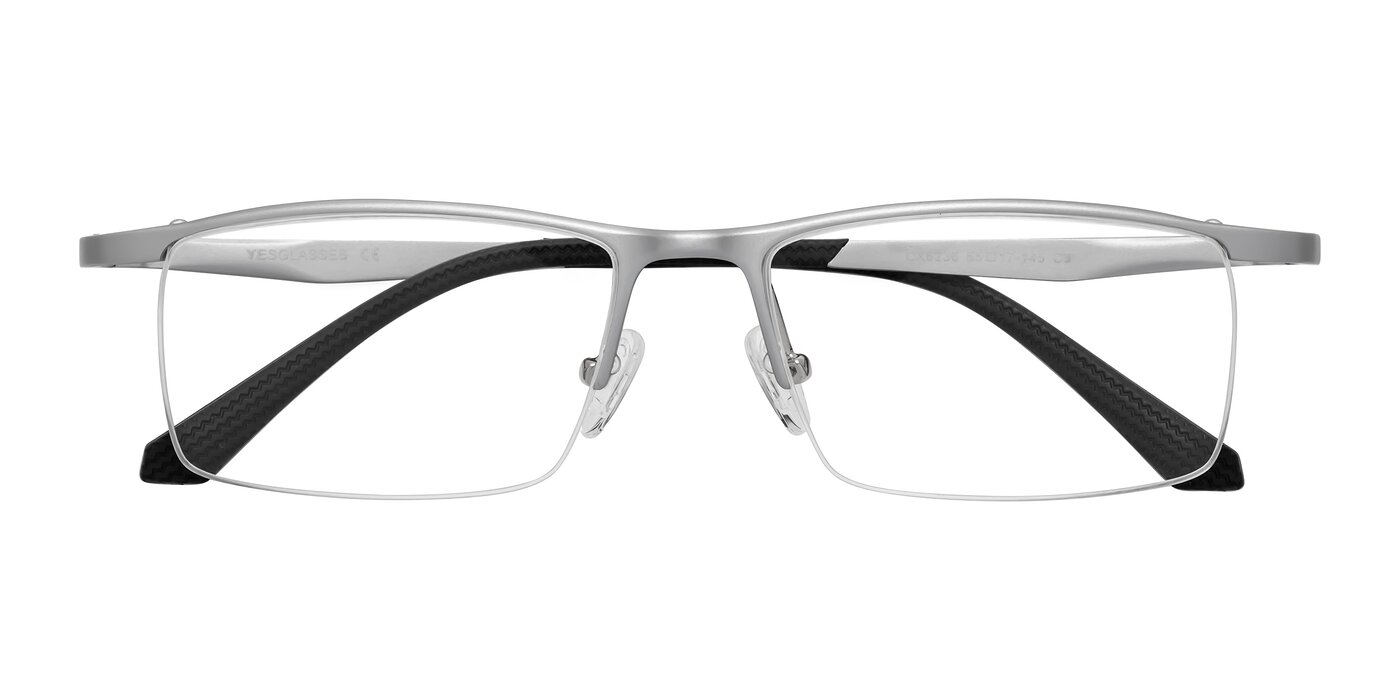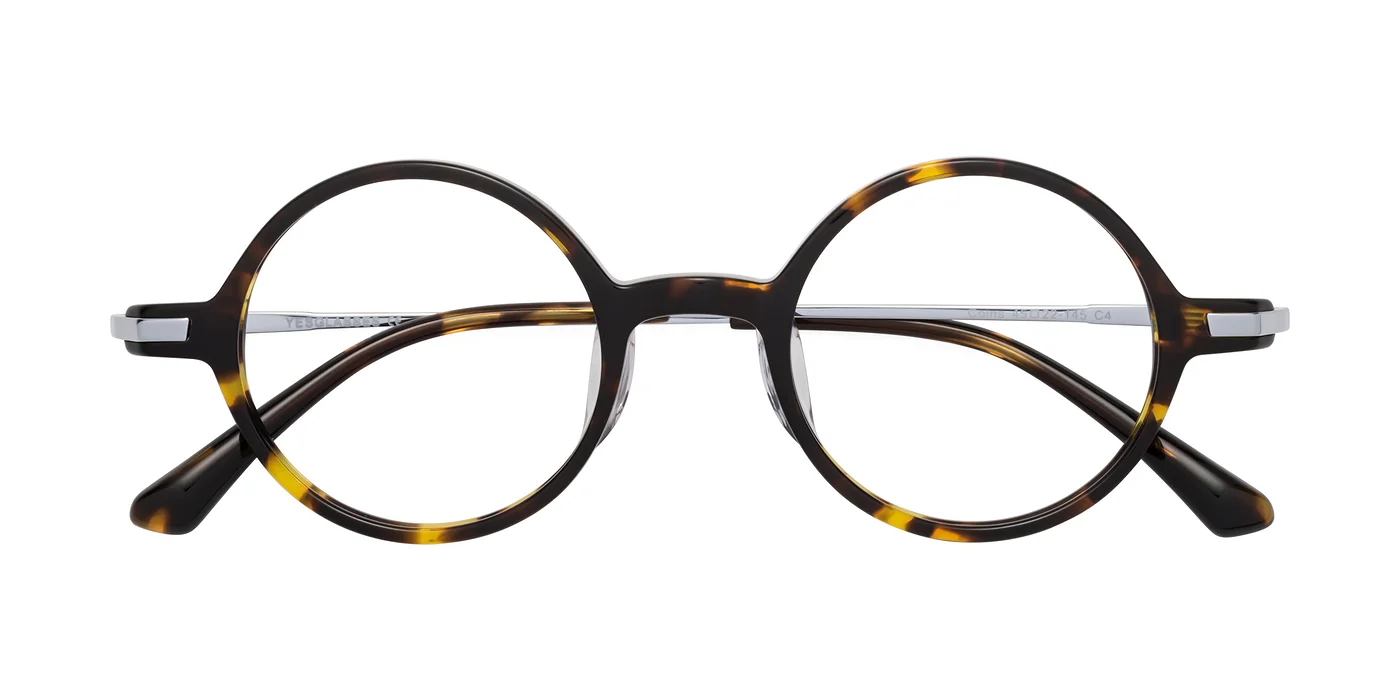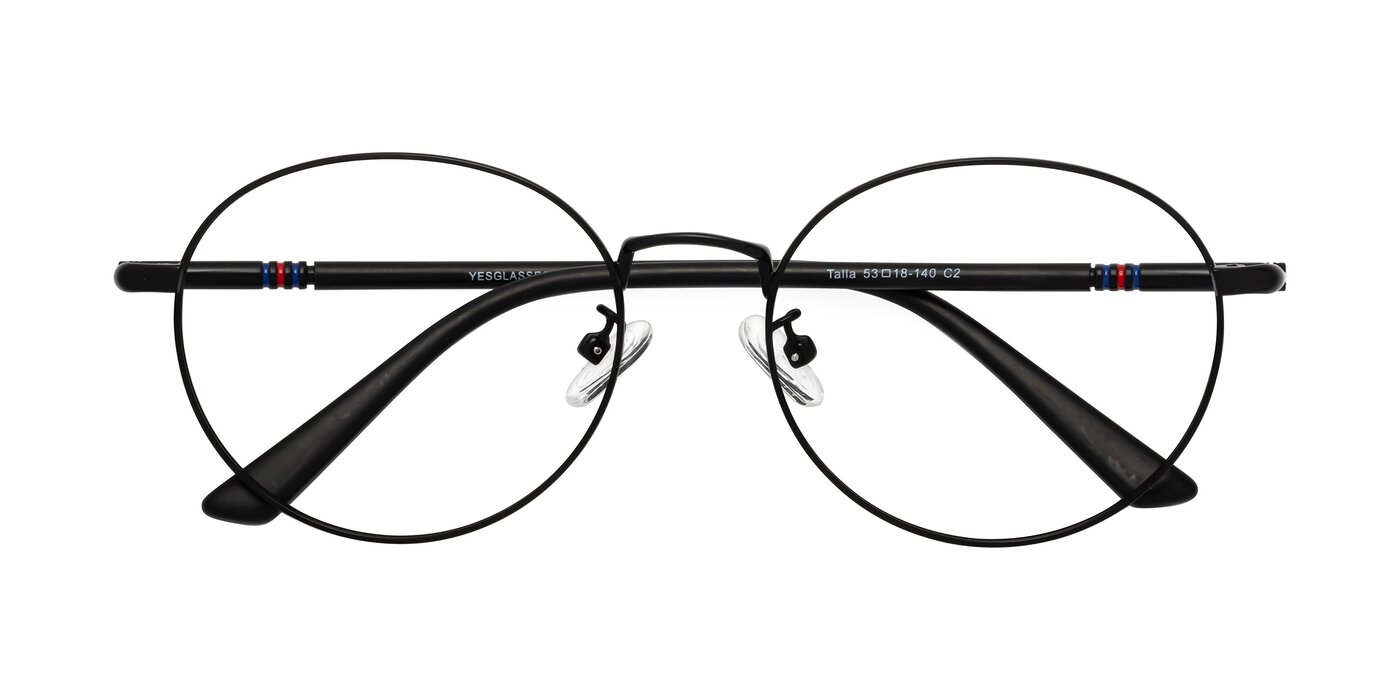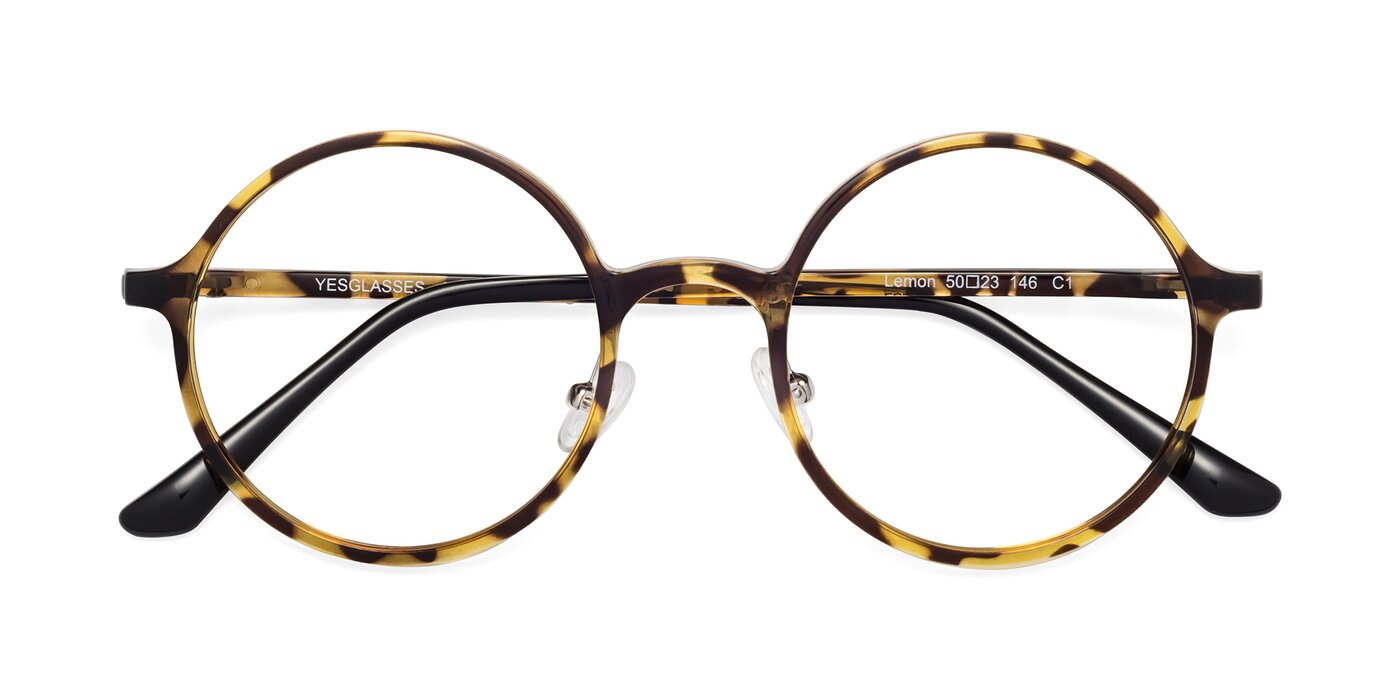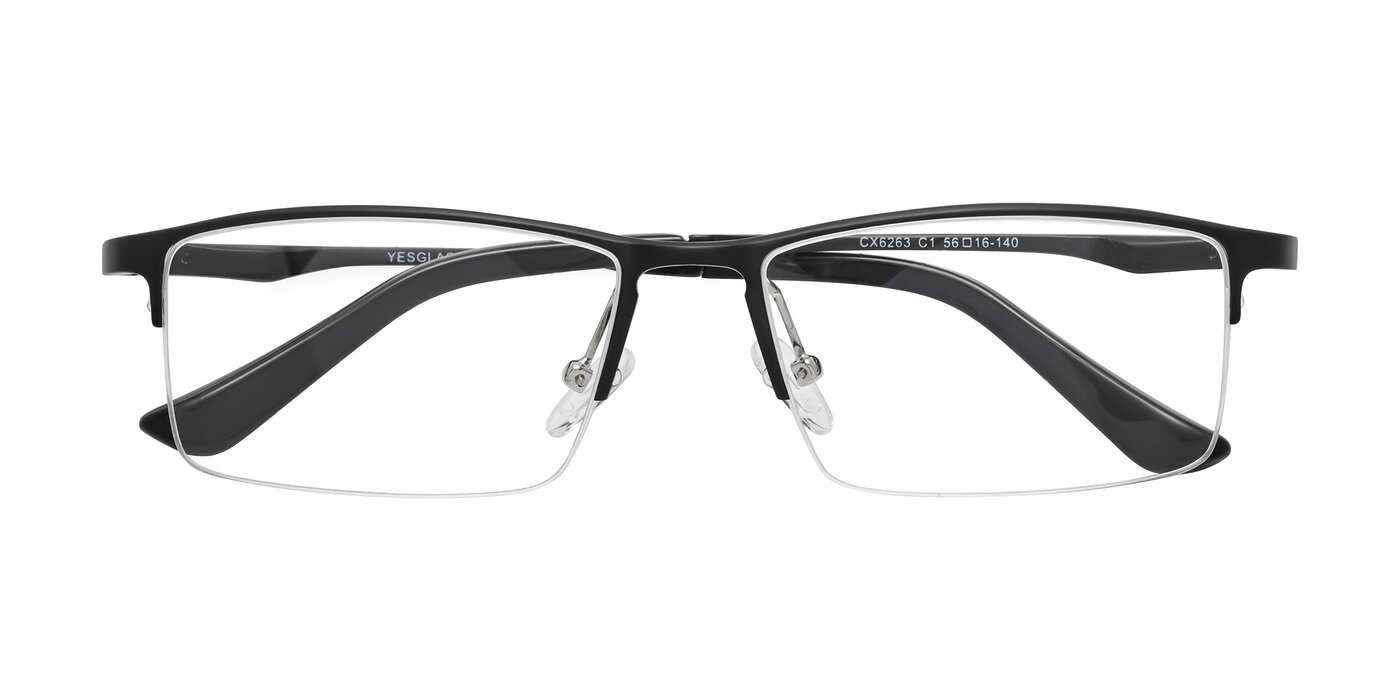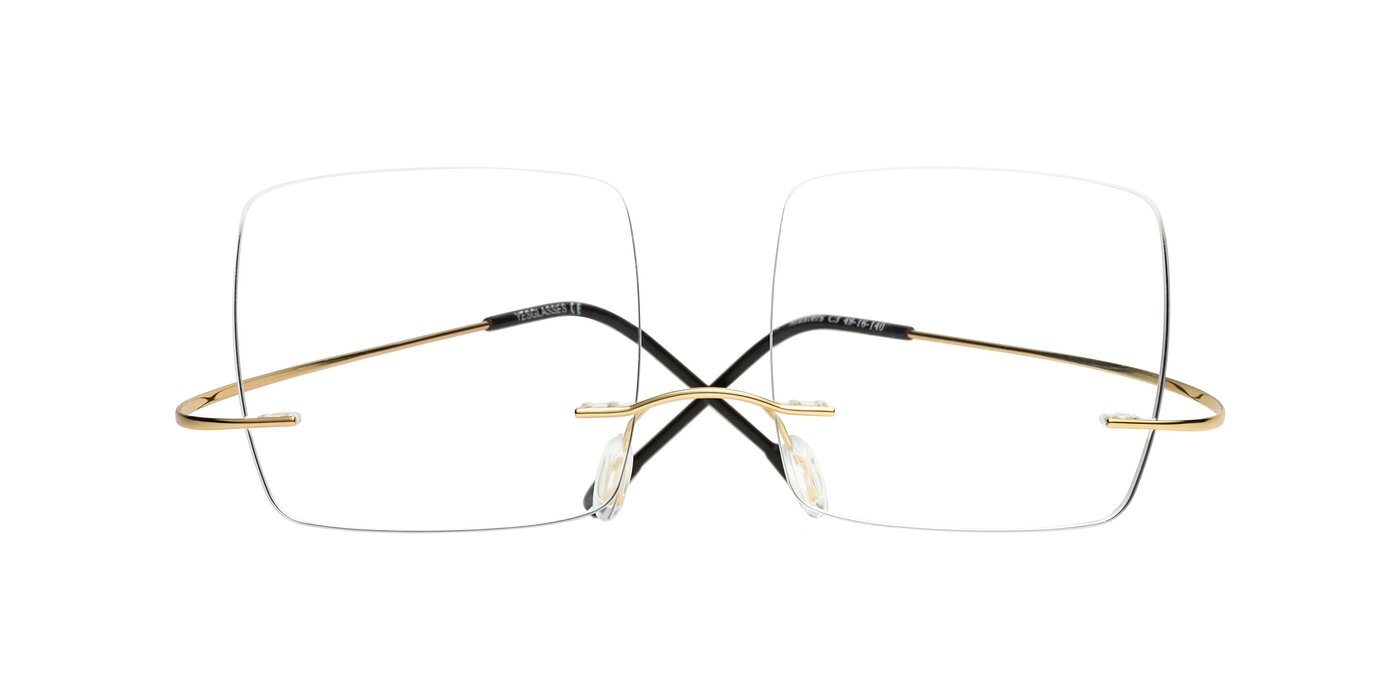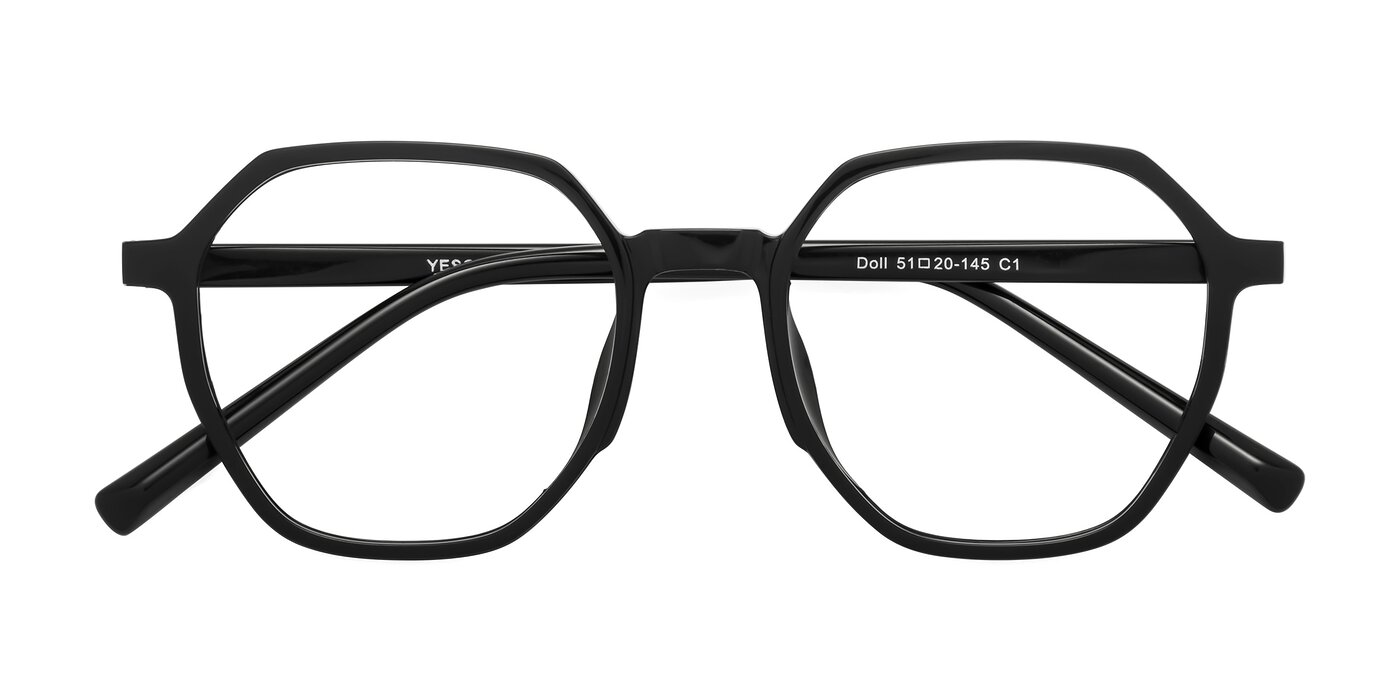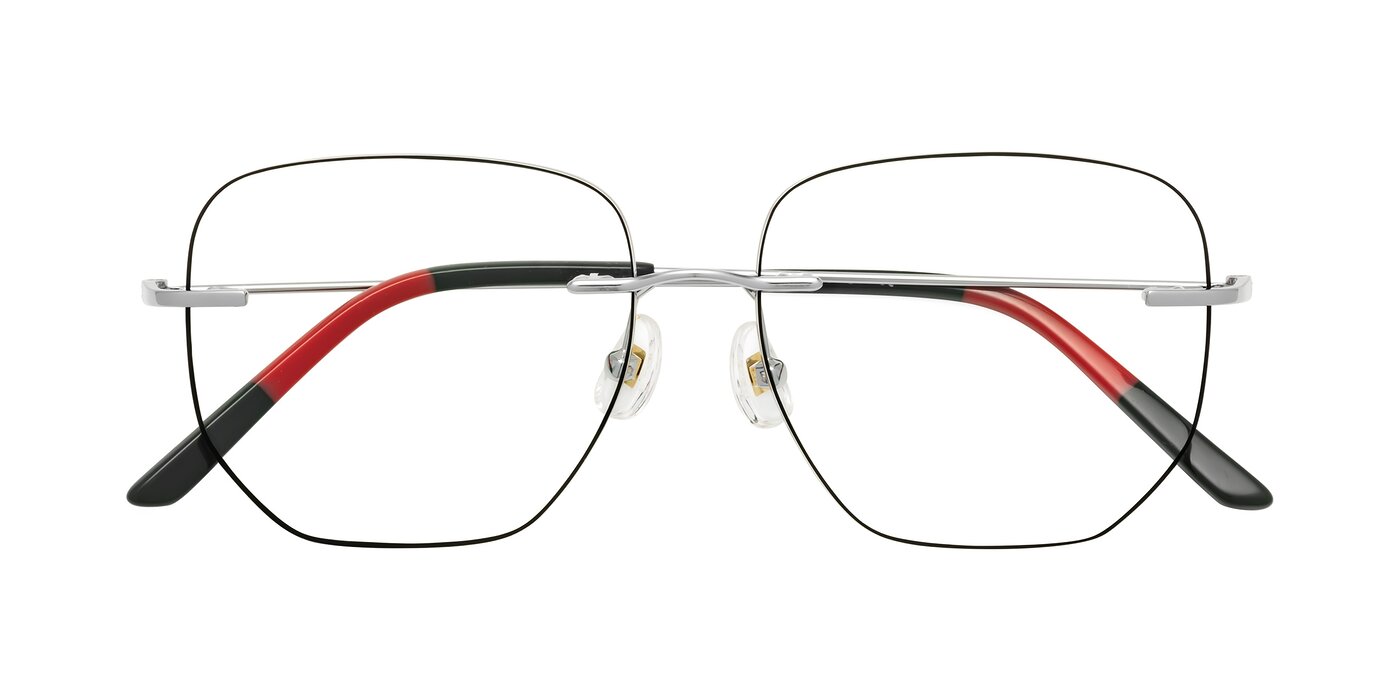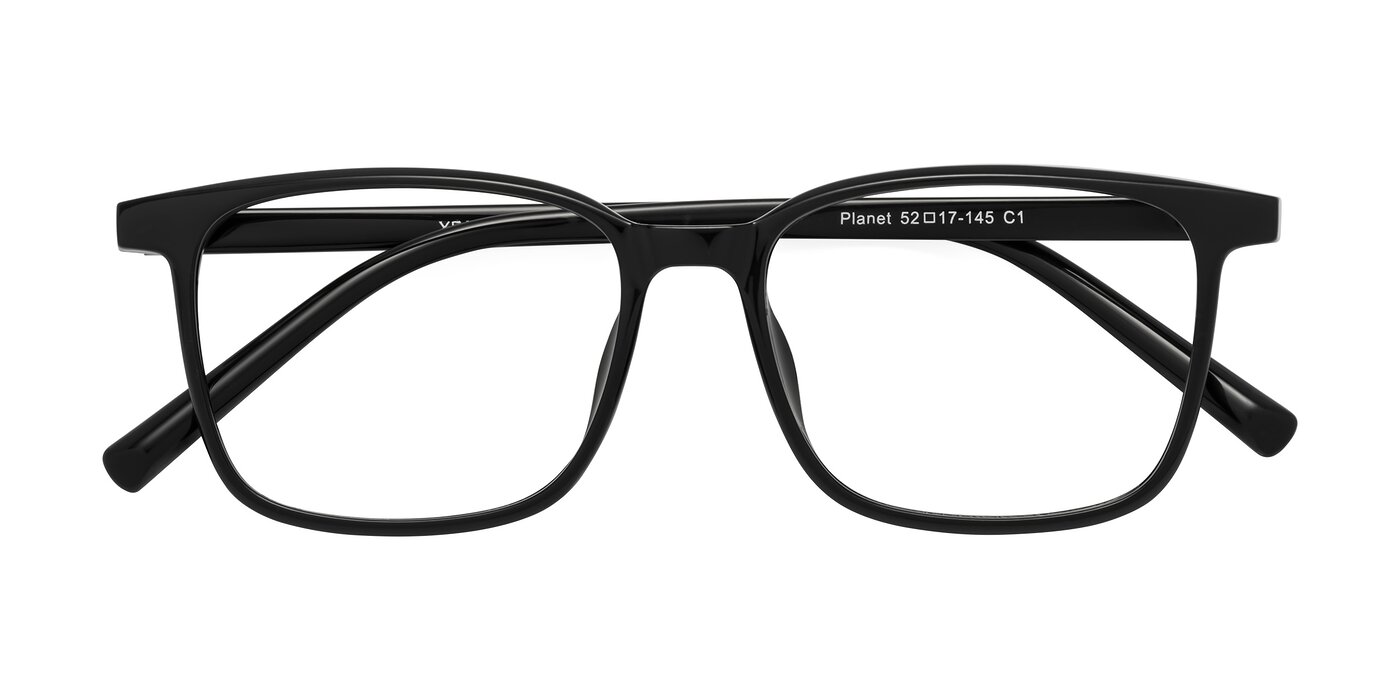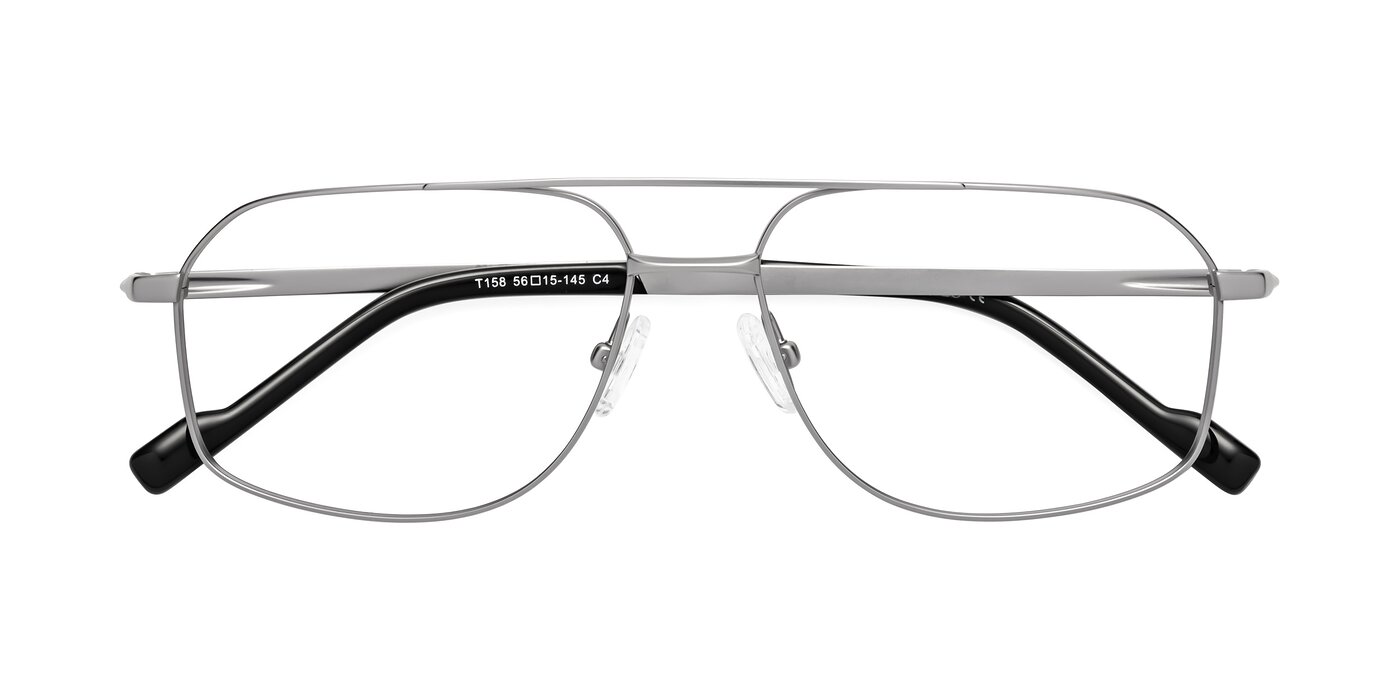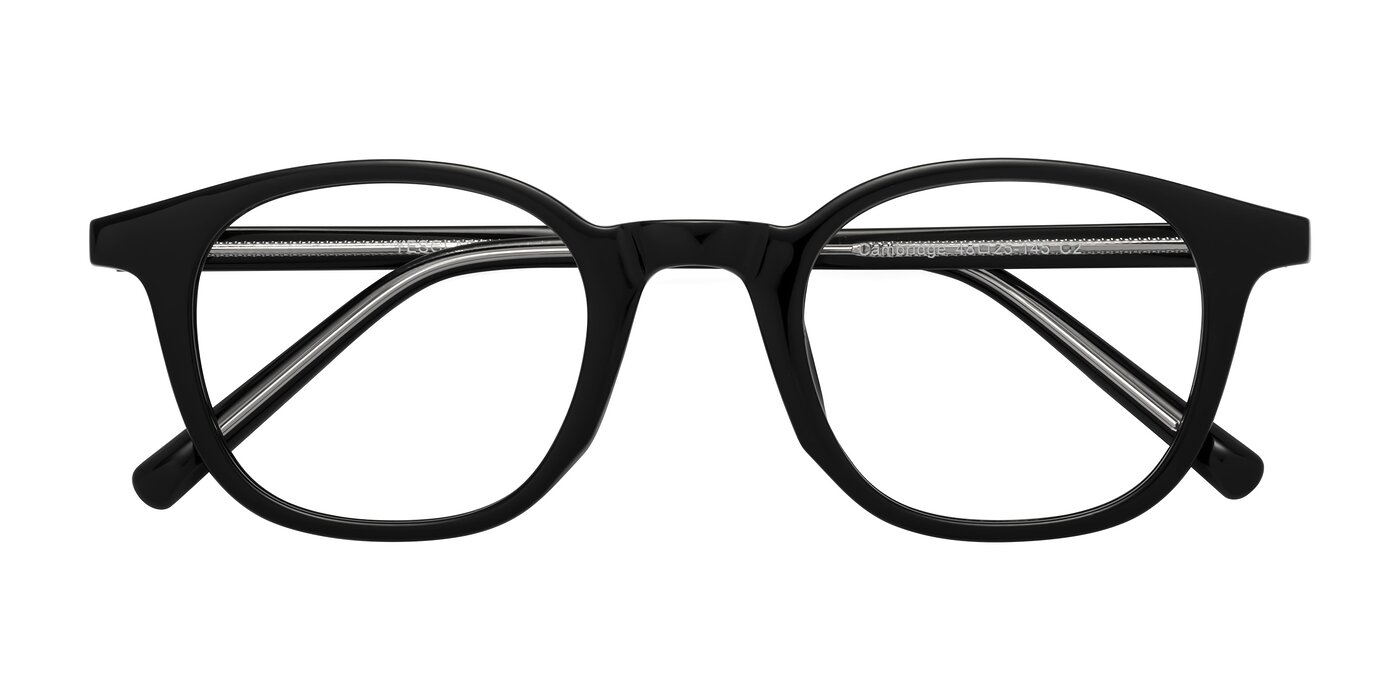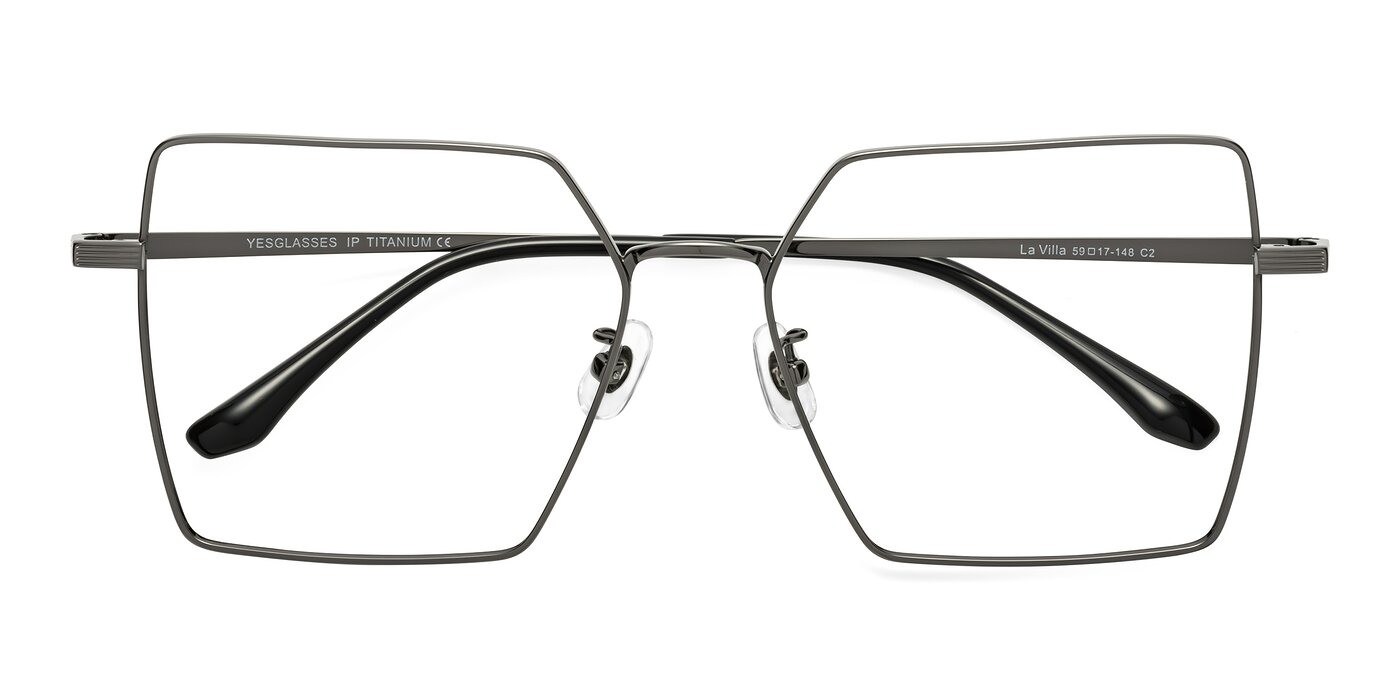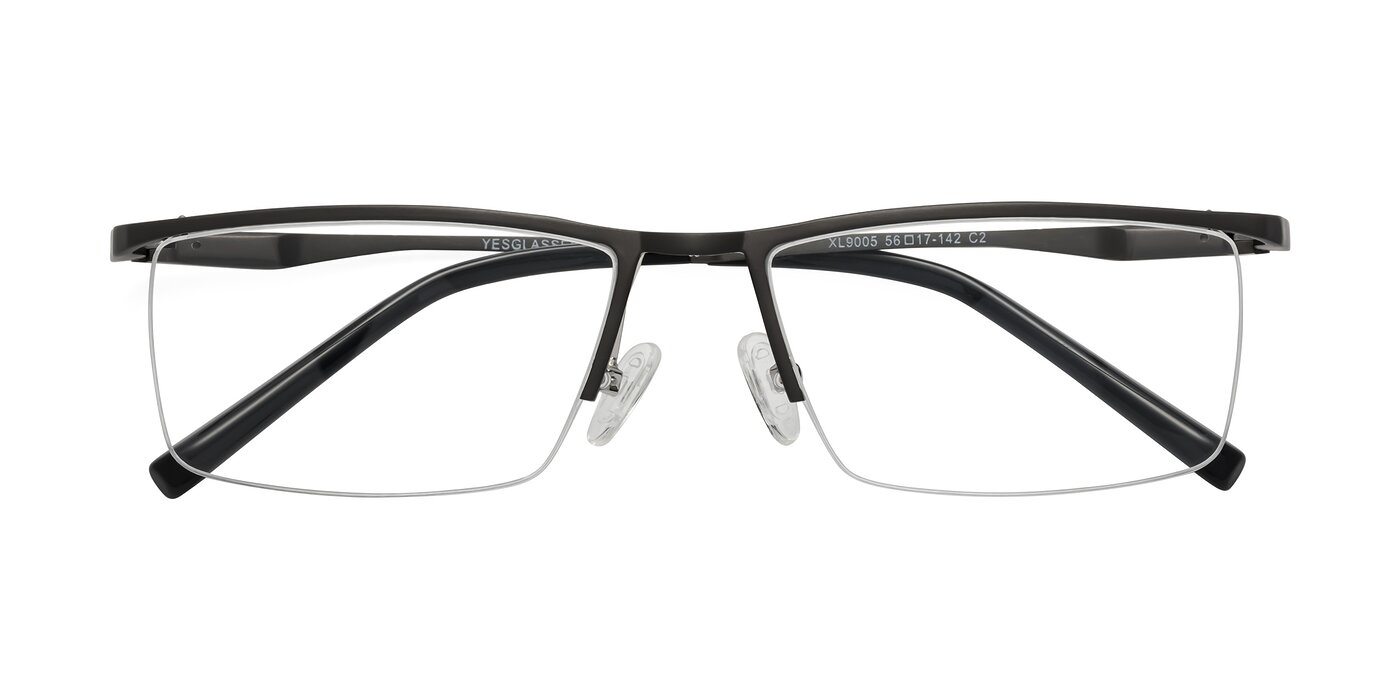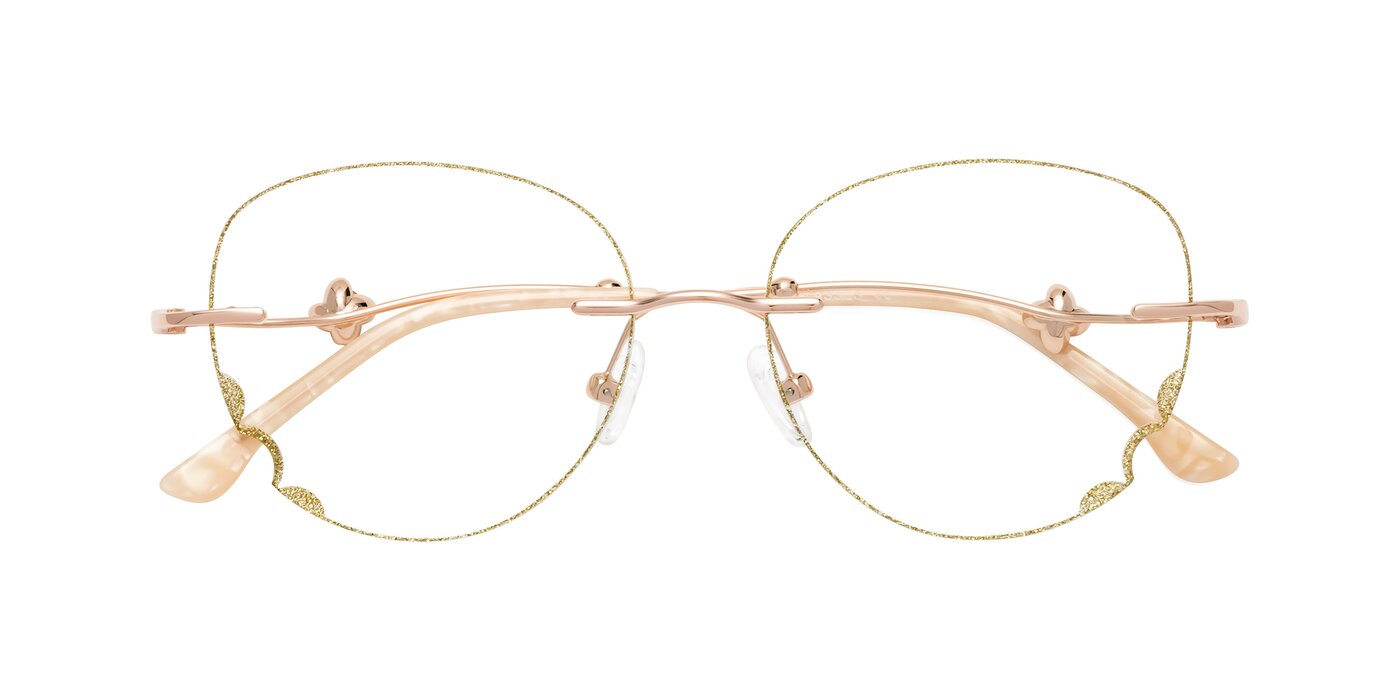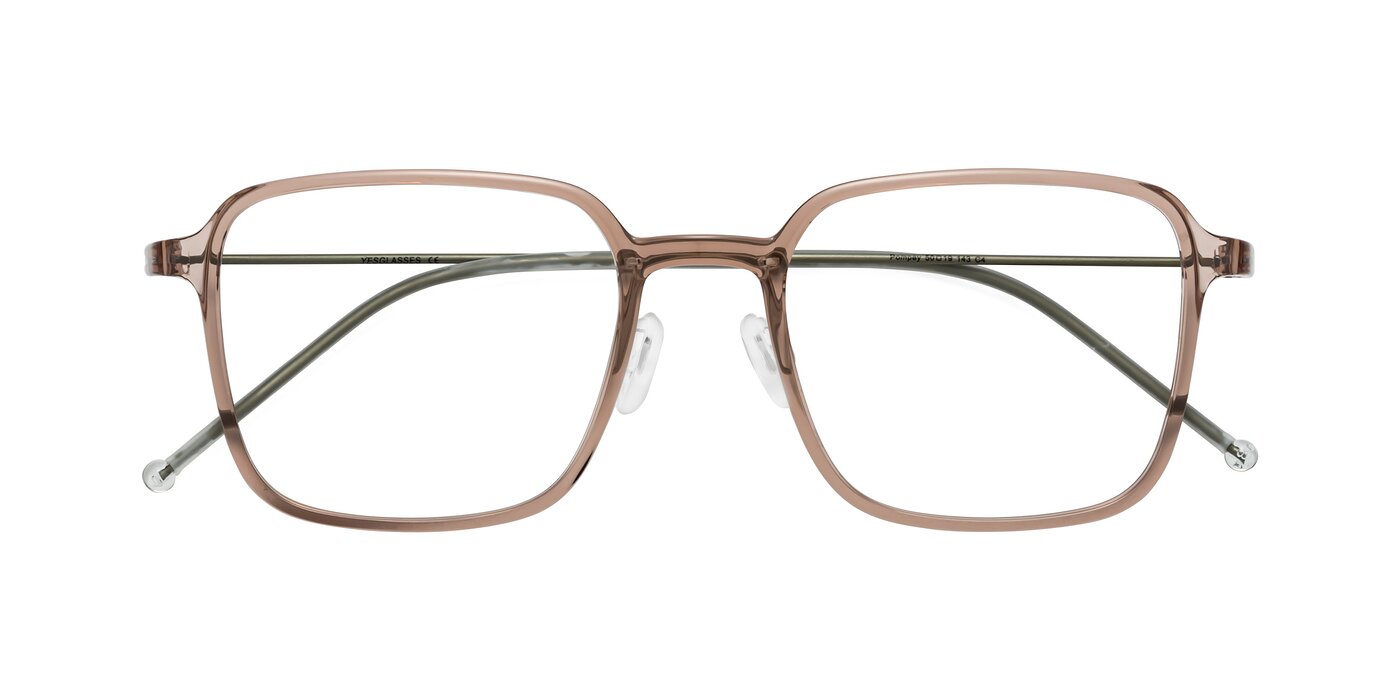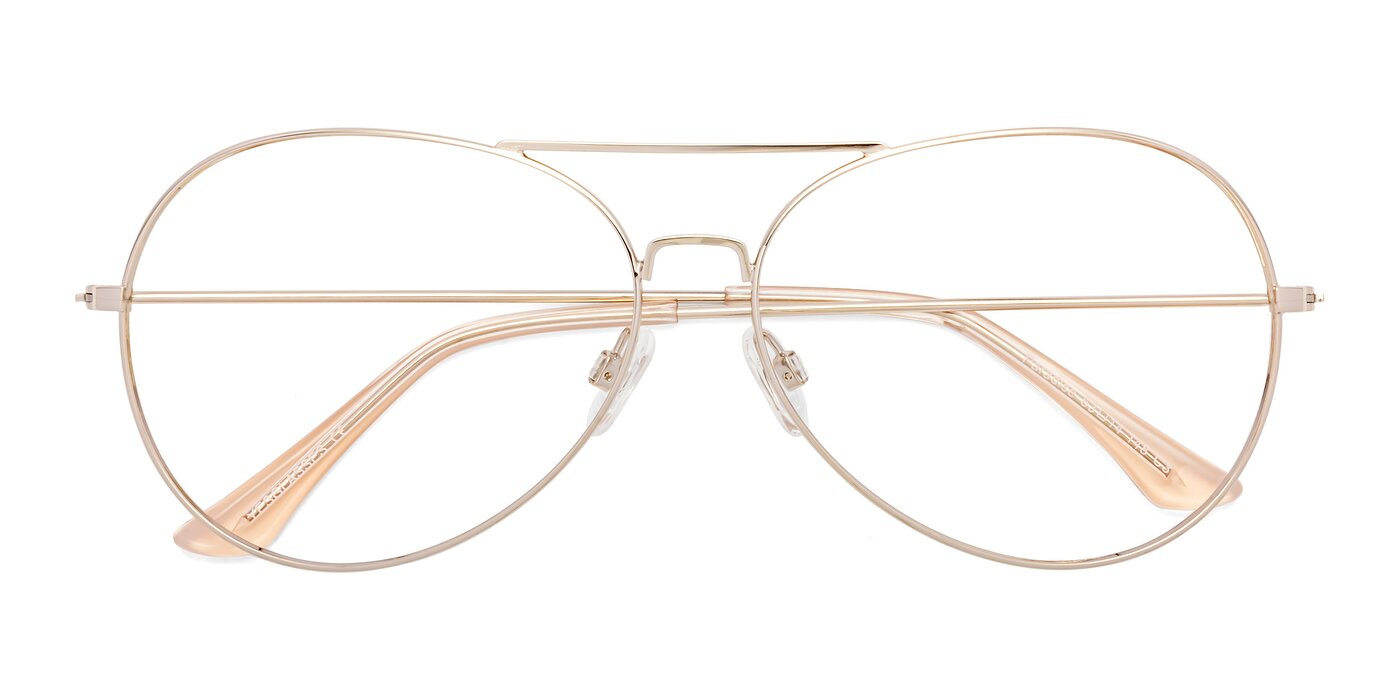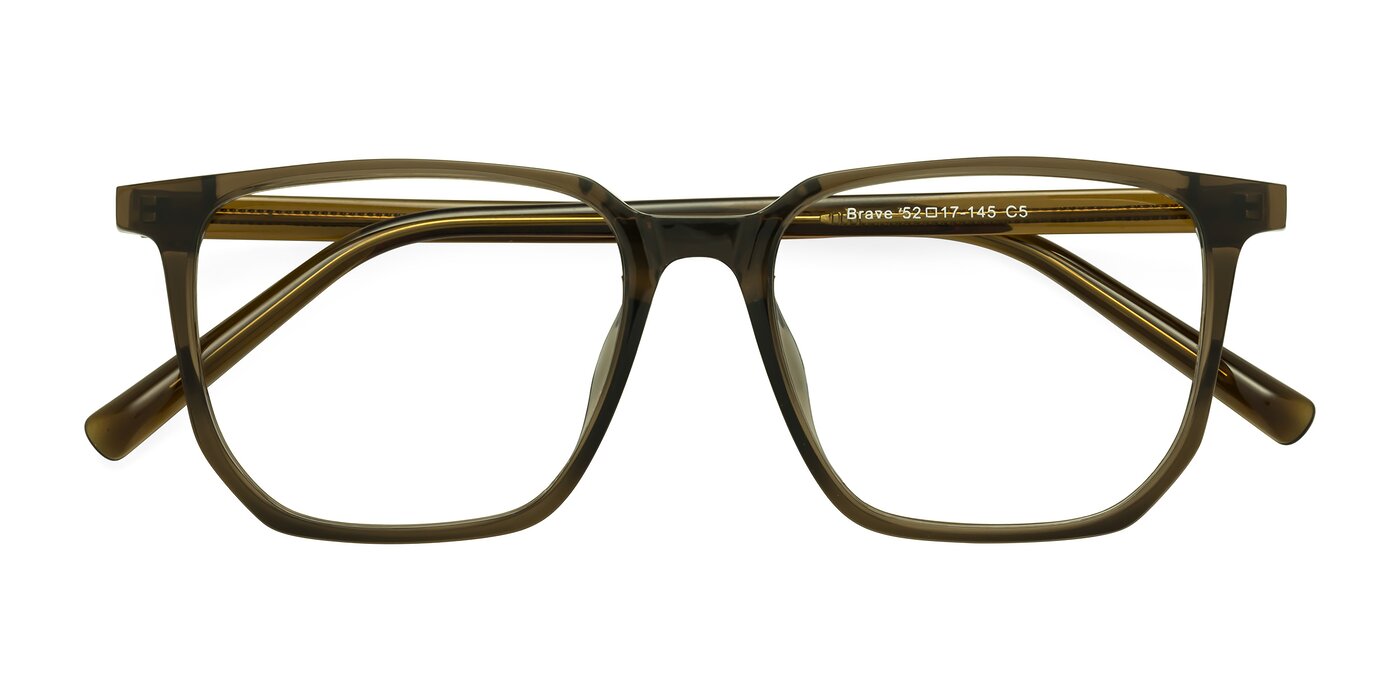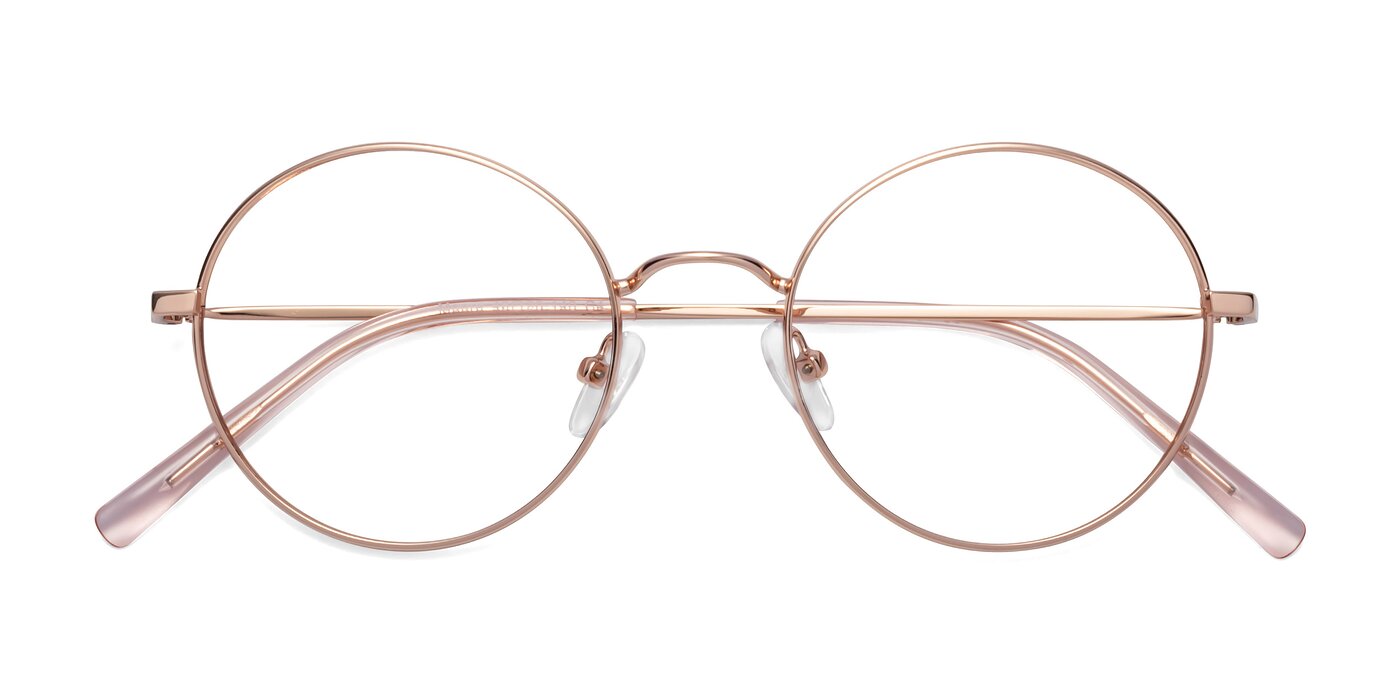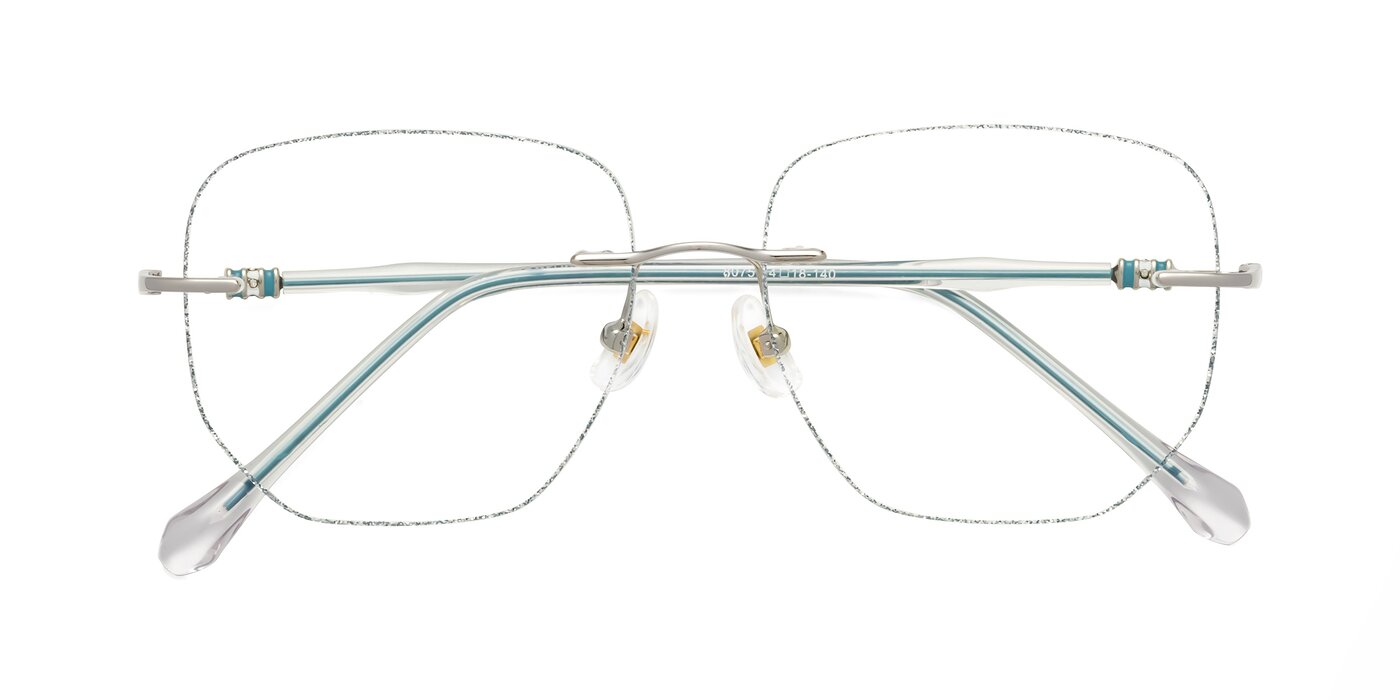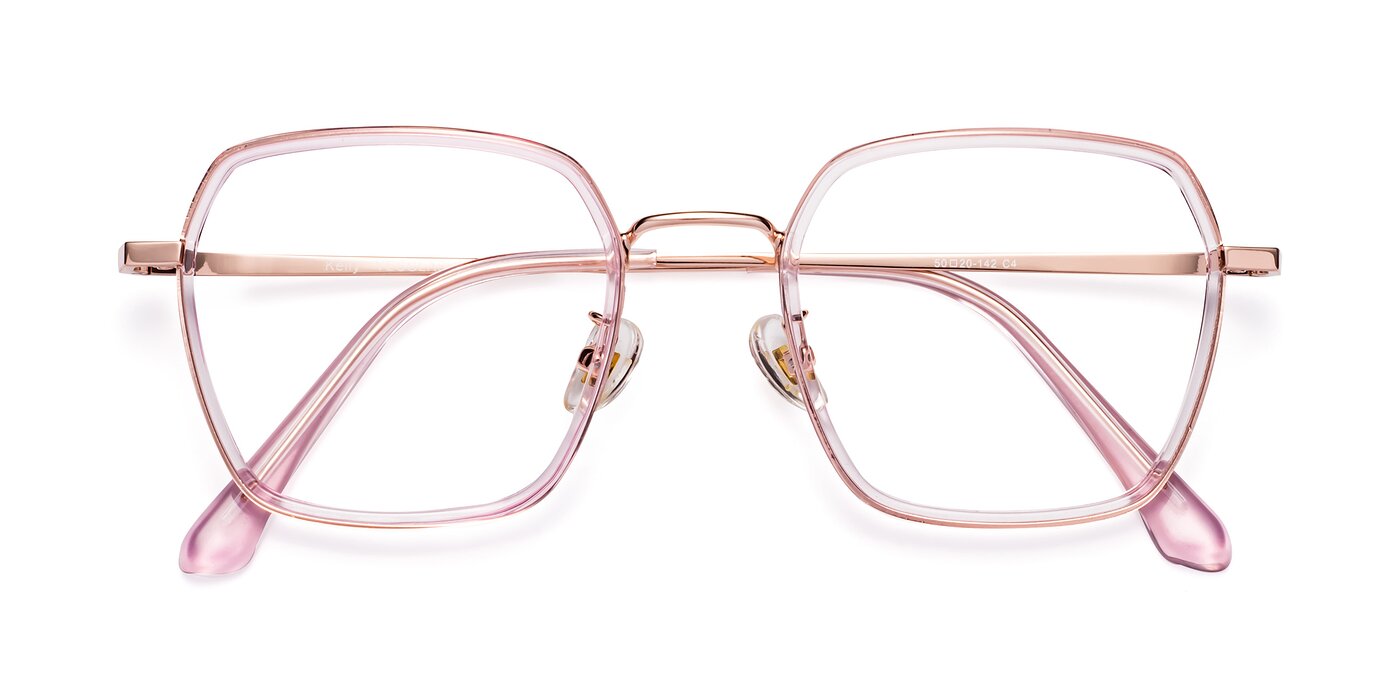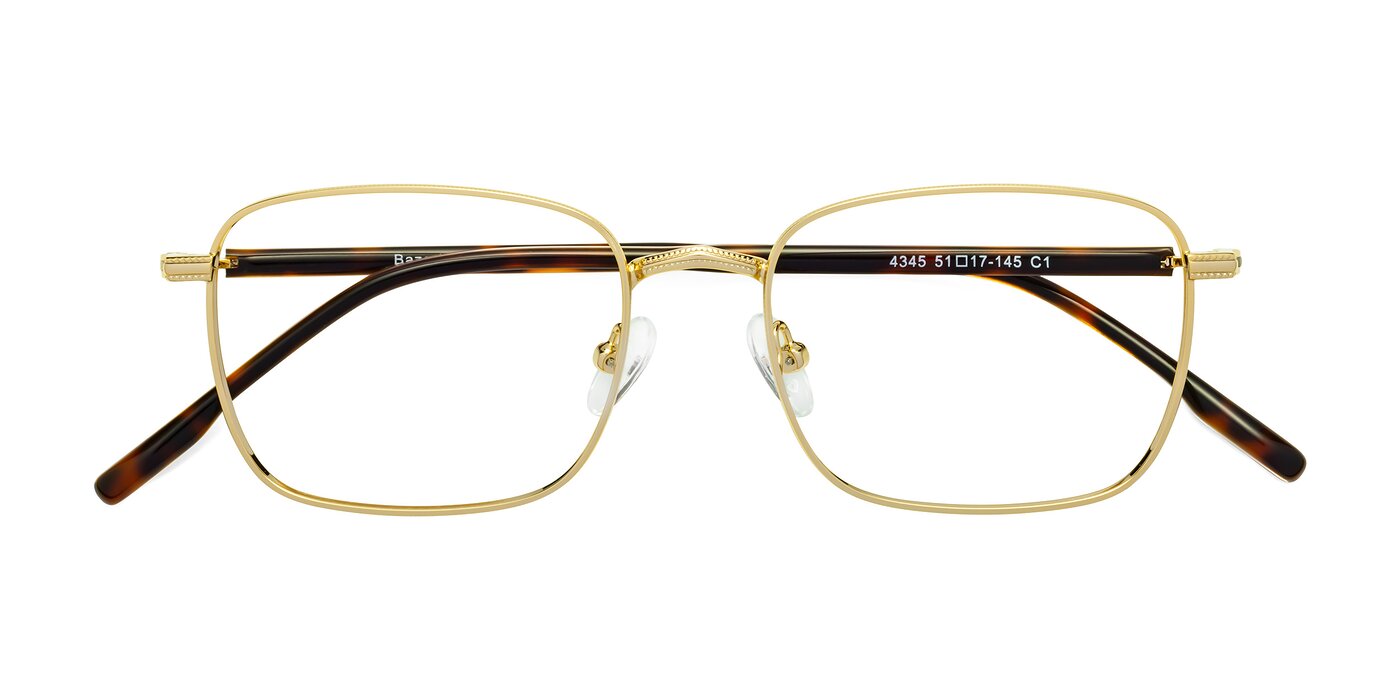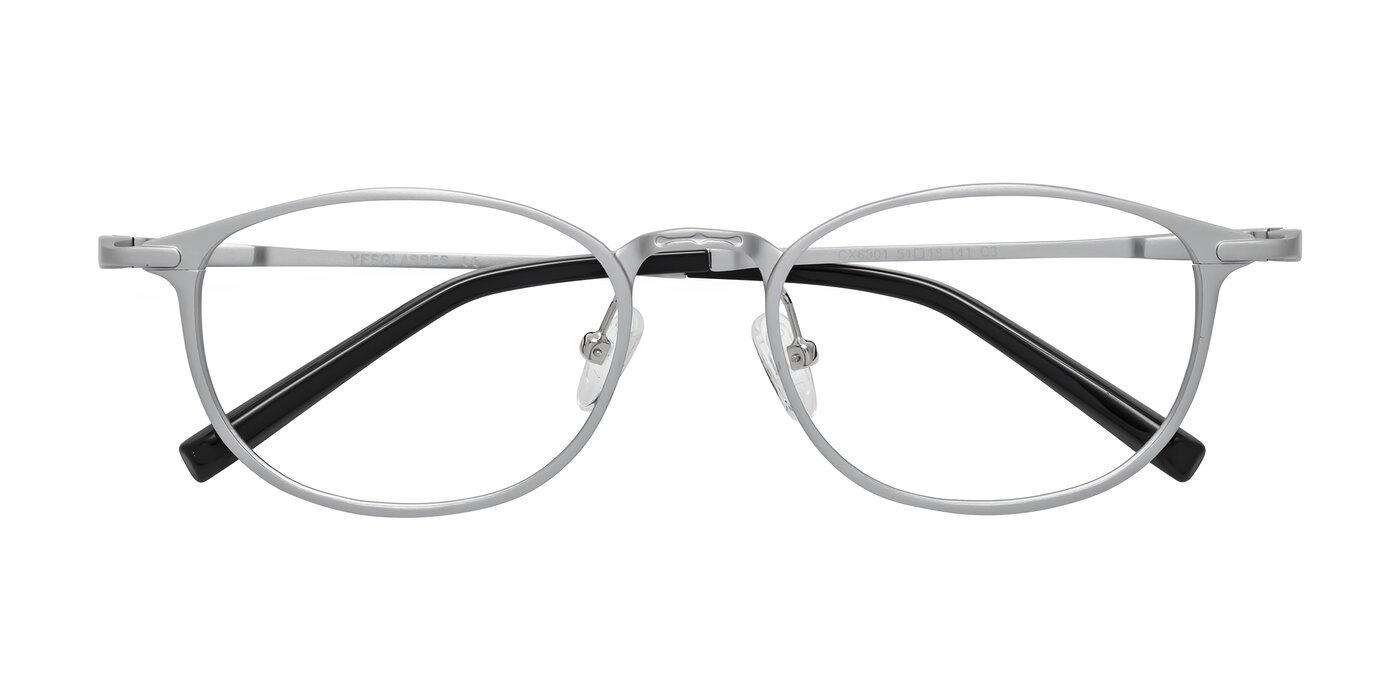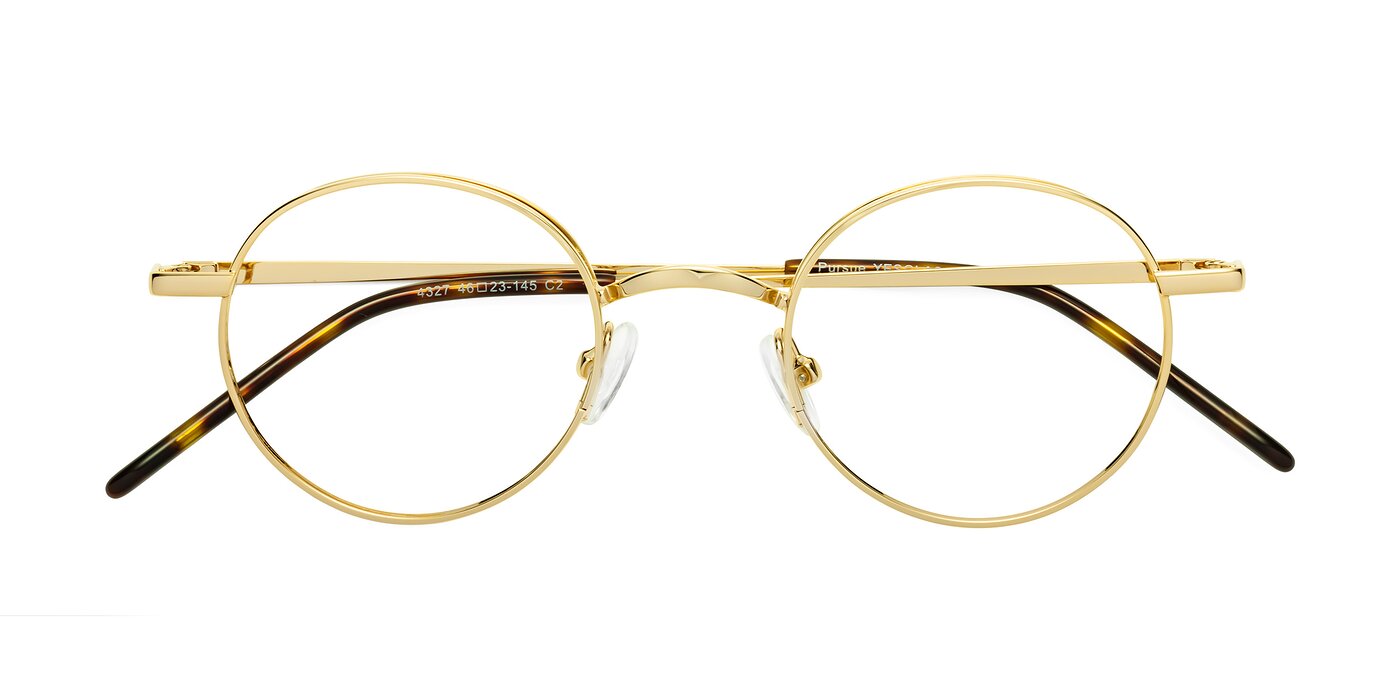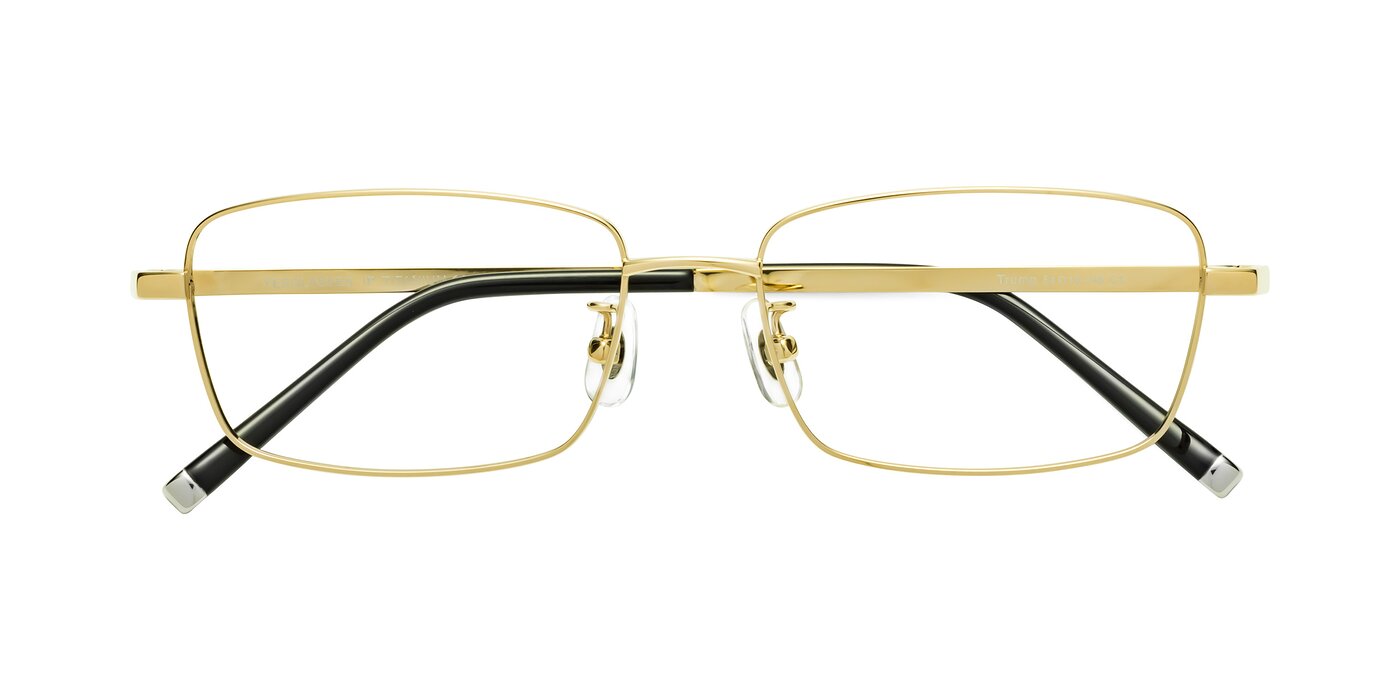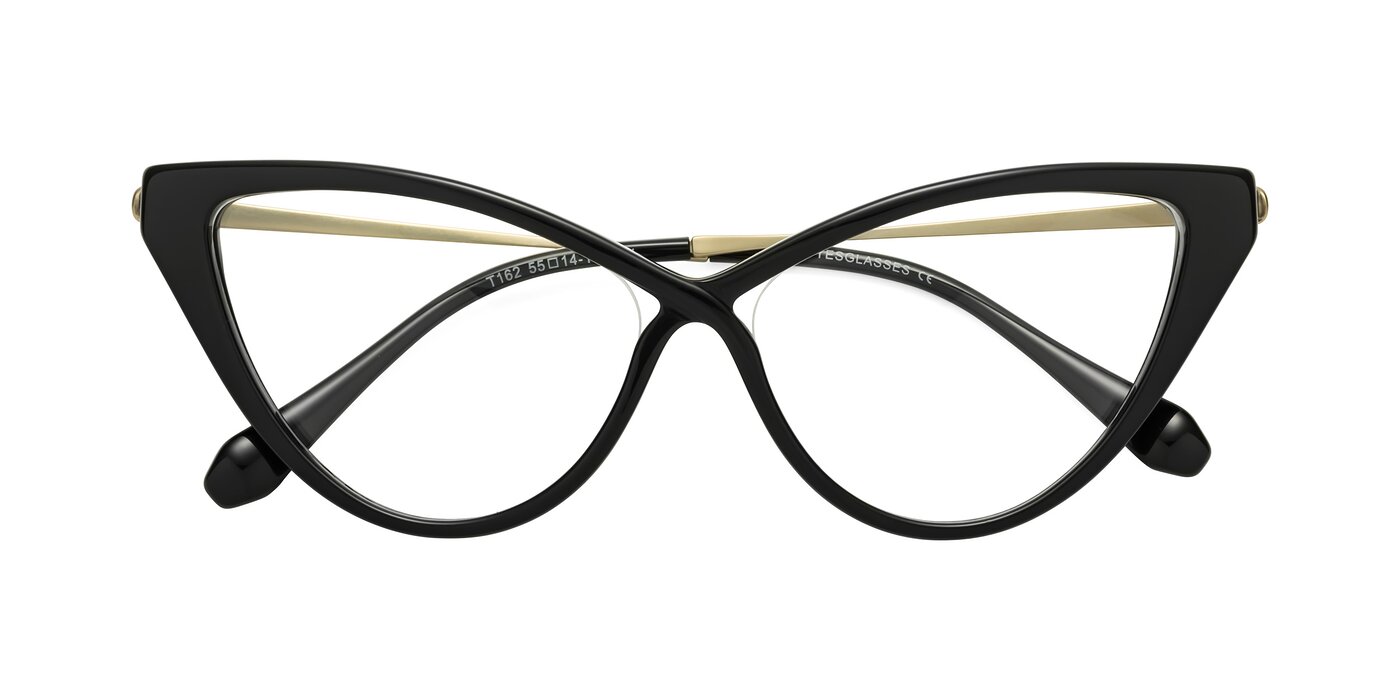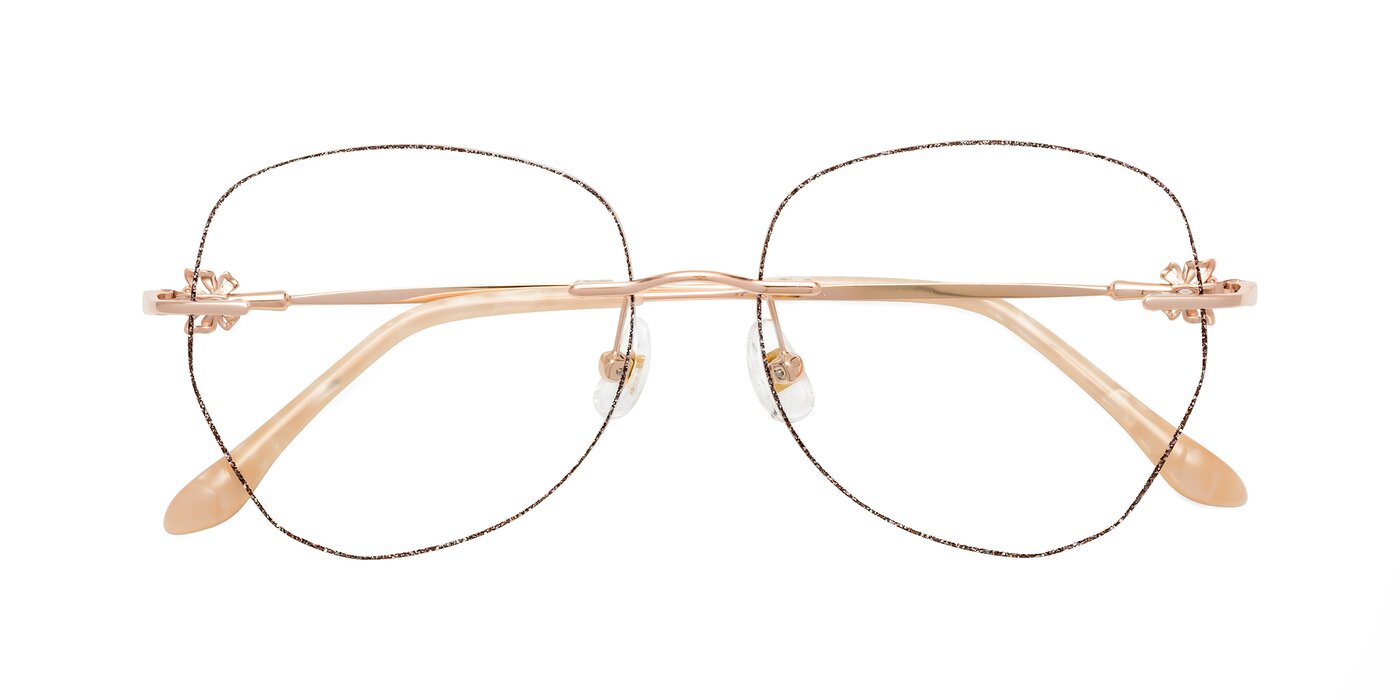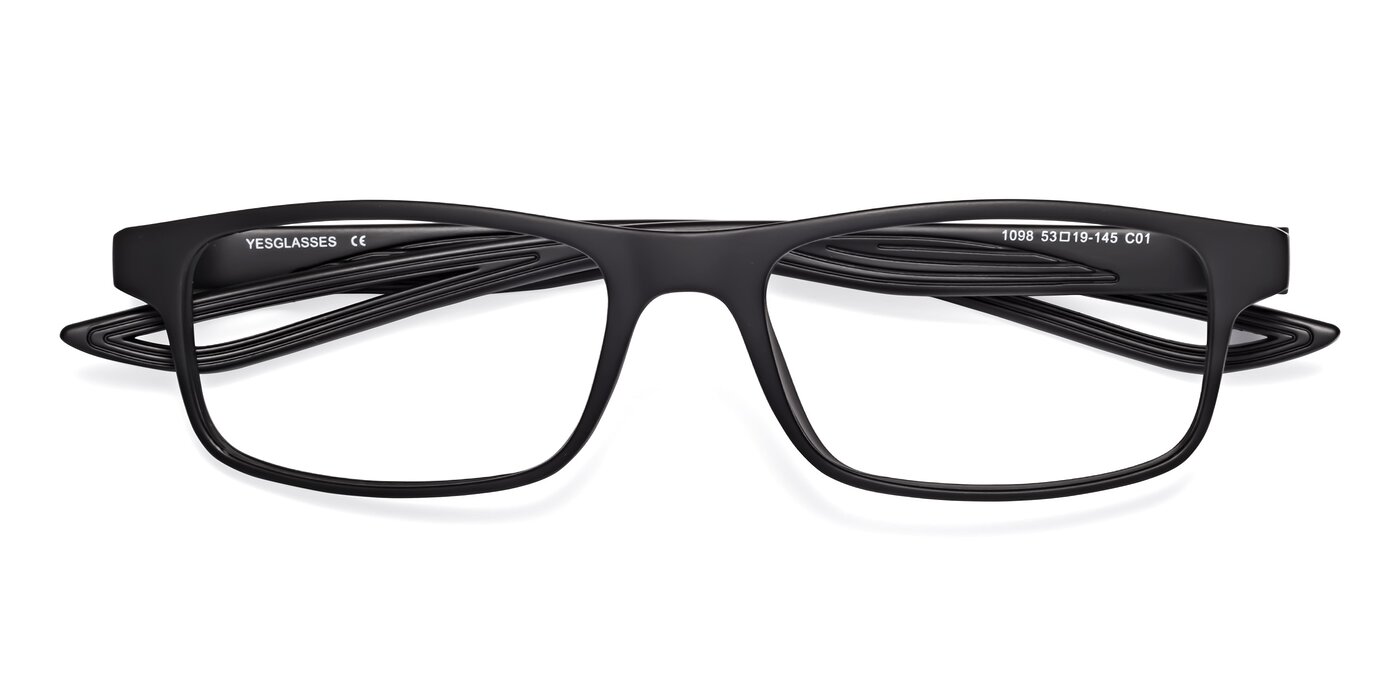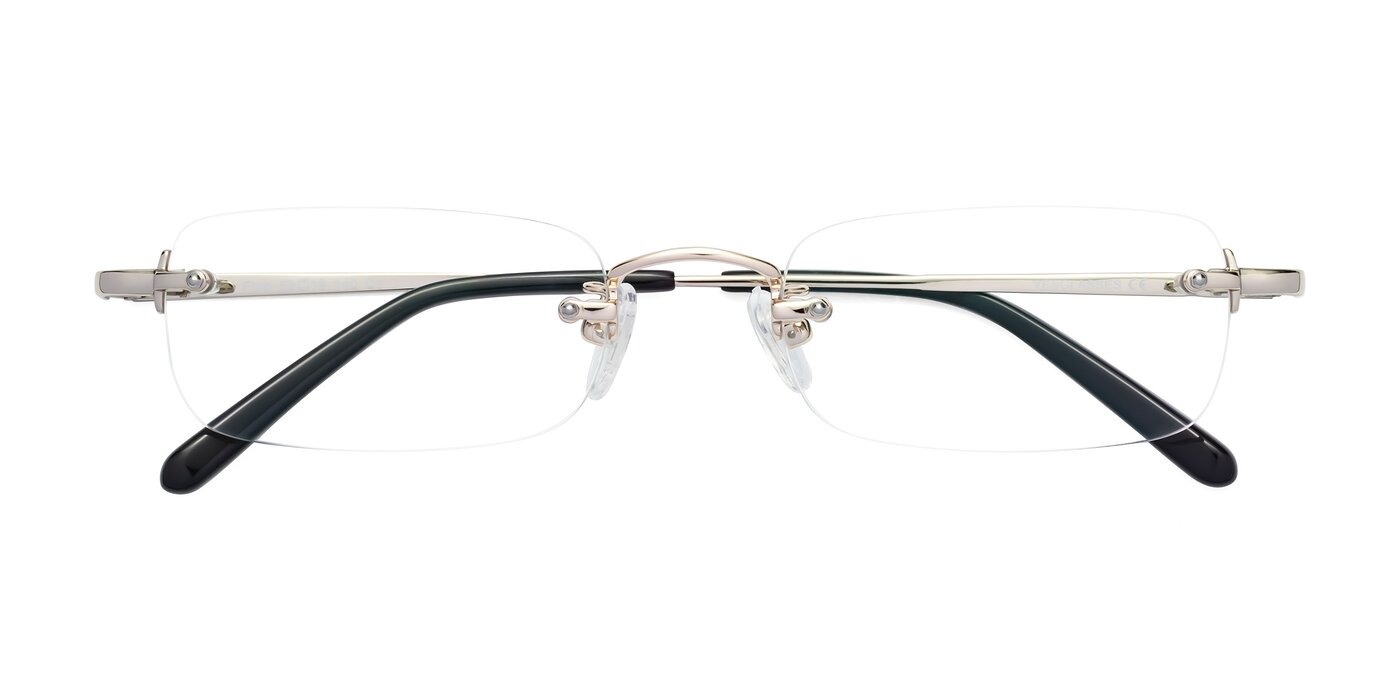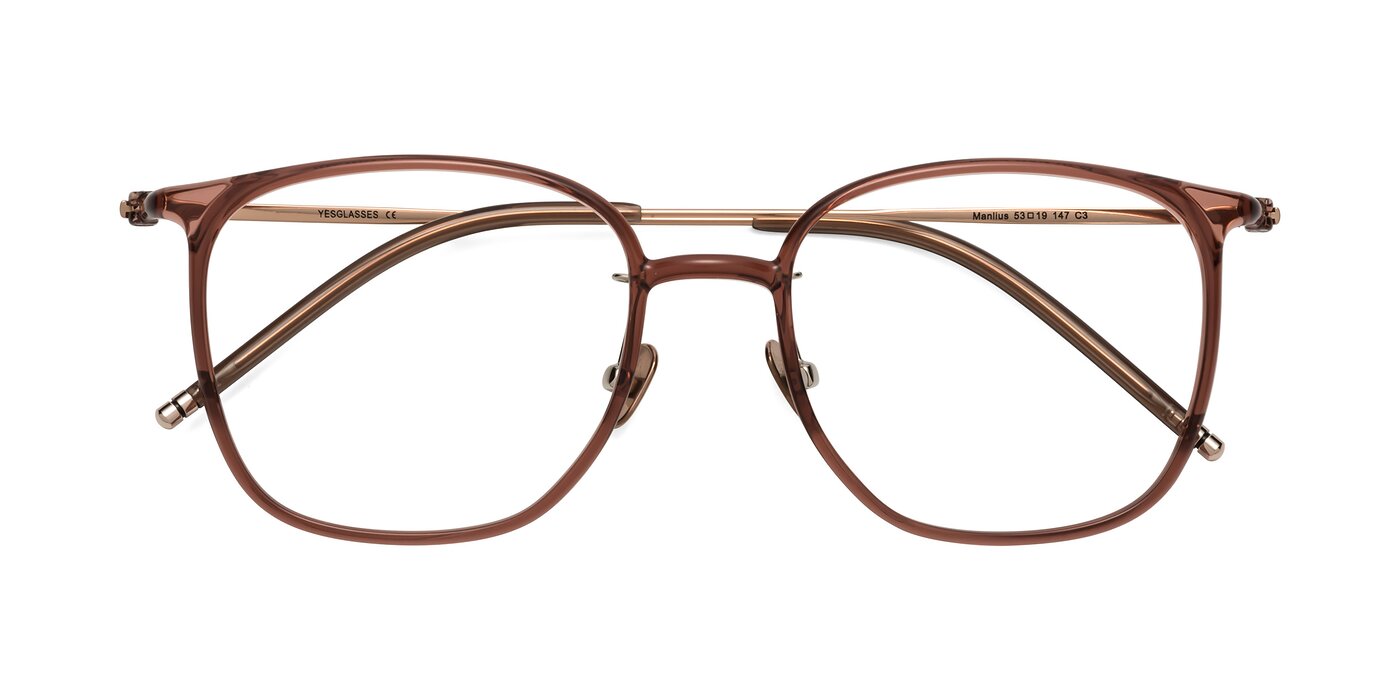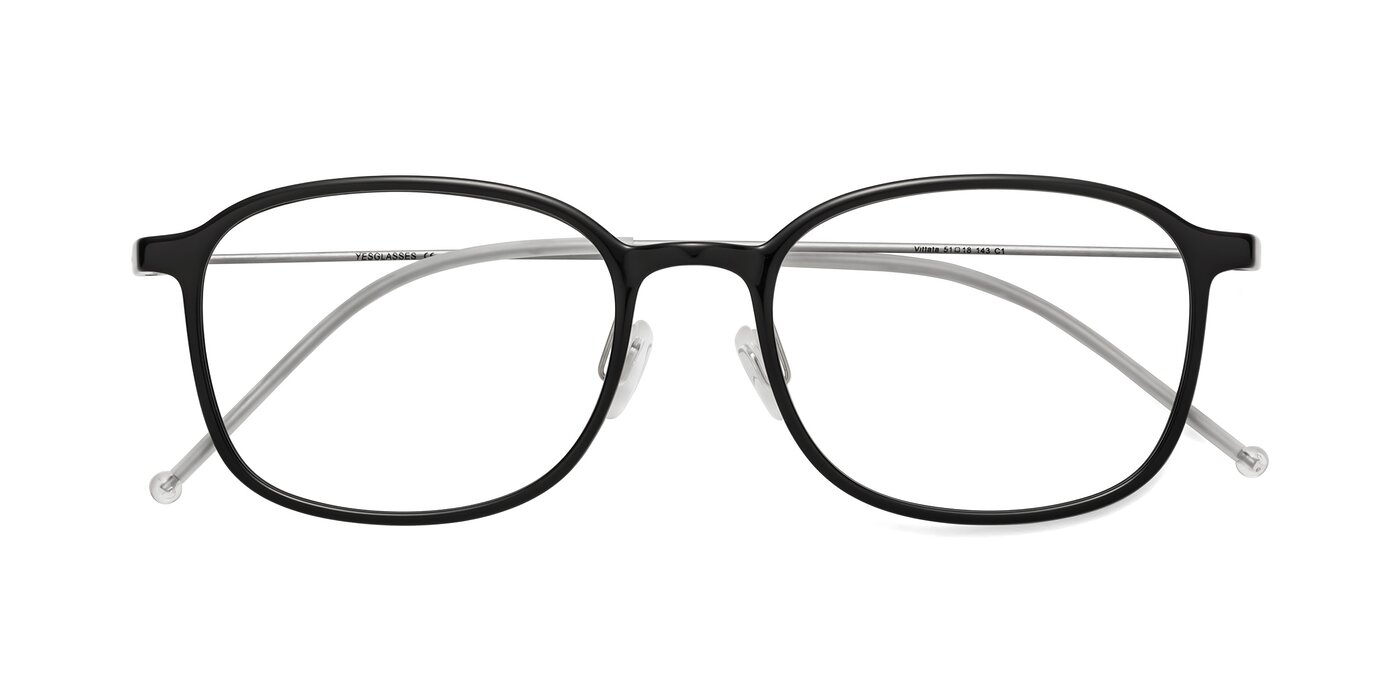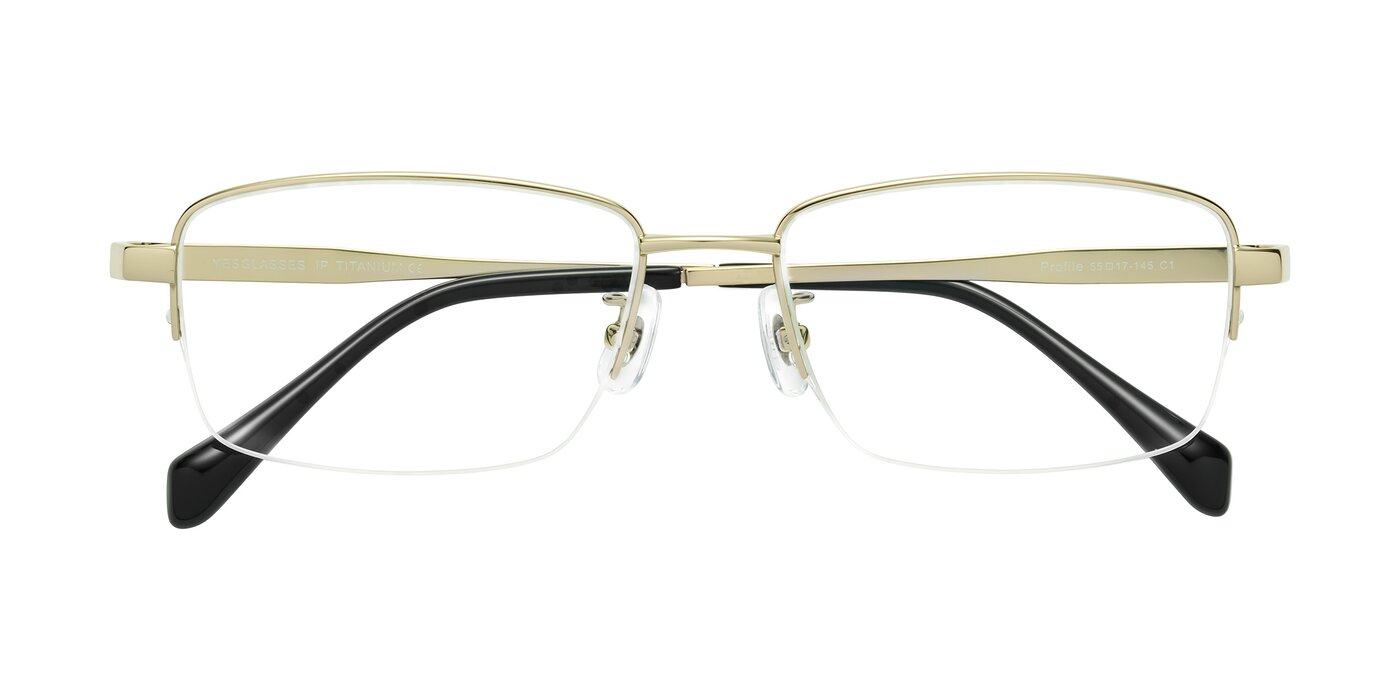Reading Glasses Buying Guide
Think you need reading glasses? Take a minute to learn more about them before you buy!
What are reading glasses?
Available in prescription and non-prescription styles, reading glasses (also known as “readers”) make it easier for people to see things up close.
As people grow older, they tend to have greater difficulty seeing things clearly. This is due to a common condition known as “presbyopia”. Presbyopia is an unavoidable, completely natural part of aging for all people.
Fortunately, reading glasses are an affordable, convenient solution that make the small print in books, magazines, computer screens, and smartphones legible again.
How do they work?
Reading glasses use a magnifying lens to make smaller fonts and other close-up objects appear larger. This reduces eye strain when focusing, resulting in a better, more comfortable experience for the wearer.
How do I know if I need reading glasses?
If you struggle to read books or the text on your phone, or if you find yourself squinting when at your desktop computer, you might need reading glasses.
Other signs include:
- Headaches while reading
- Blurry vision
- Greater dependence on lights to see clearly
- Difficulty finding a comfortable reading distance
Of course, if you really want to be sure, discuss your symptoms with an eye doctor.
What are the different types of reading glasses?
While everyone will develop presbyopia and a need for reading glasses, not everyone uses them the same way. Fortunately, multiple types and features are available to meet your individual needs.
- Single vision readers have lenses that are best for general use. These are the most basic type available.
- Bifocal styles have a magnified lower half with an unmagnified top half. This allows the wearer to continue seeing things at a distance without removing the glasses. “Bifocal” may also be referred to as “multifocal.”
- Prescription readers combine the benefits of over-the-counter (OTC) reading glasses with your prescription lenses. These are ideal if you suffer from other vision problems, such as astigmatism, that require corrective lenses.
- Blue light blocking styles protect your eyes from the harm caused by blue light. Learn more about blue light blocking lenses.
Want to go beyond the basic but don’t know where to begin? Start by finding your face shape. It only takes a minute and is the best way to get connected with the perfect frames for you.






